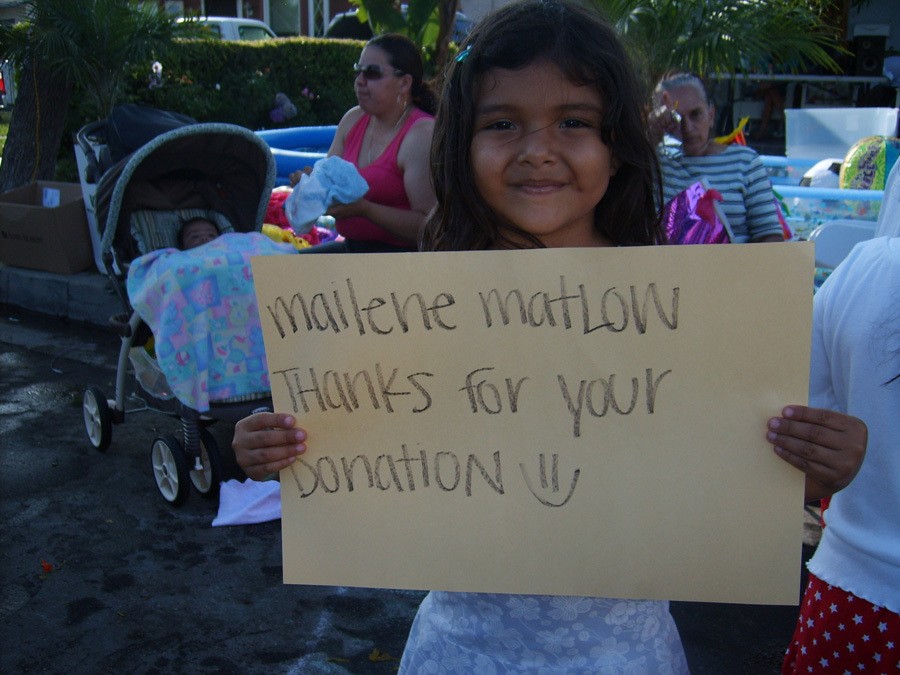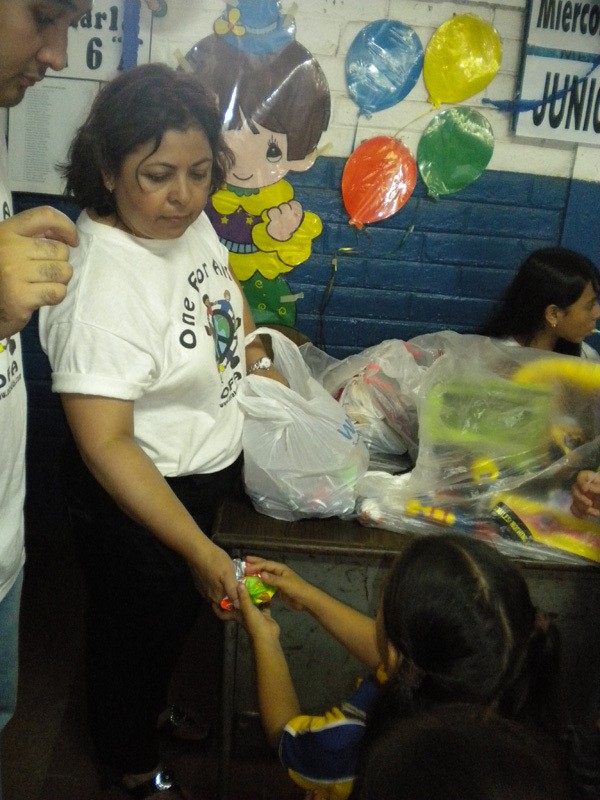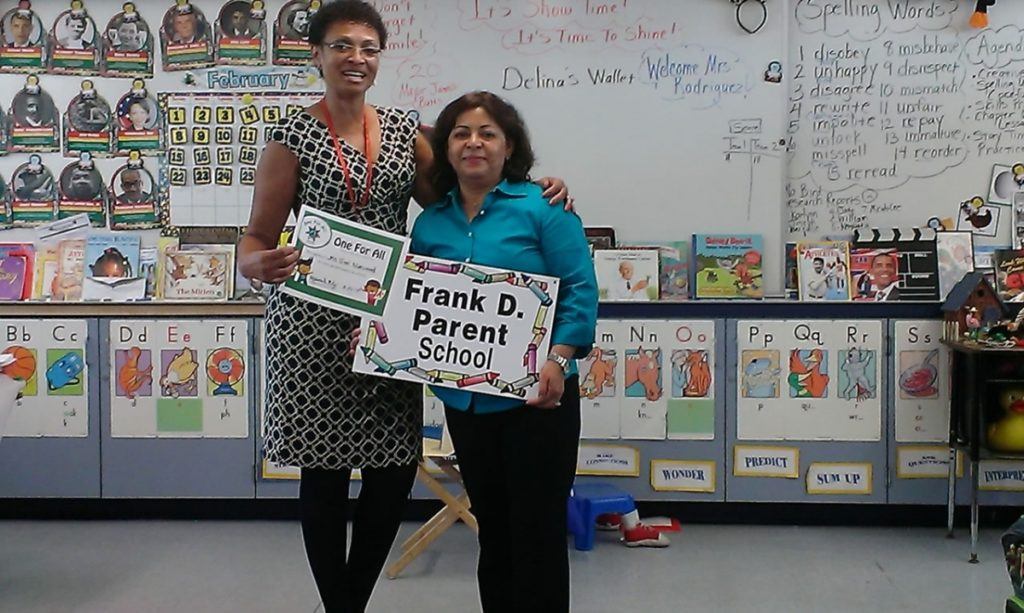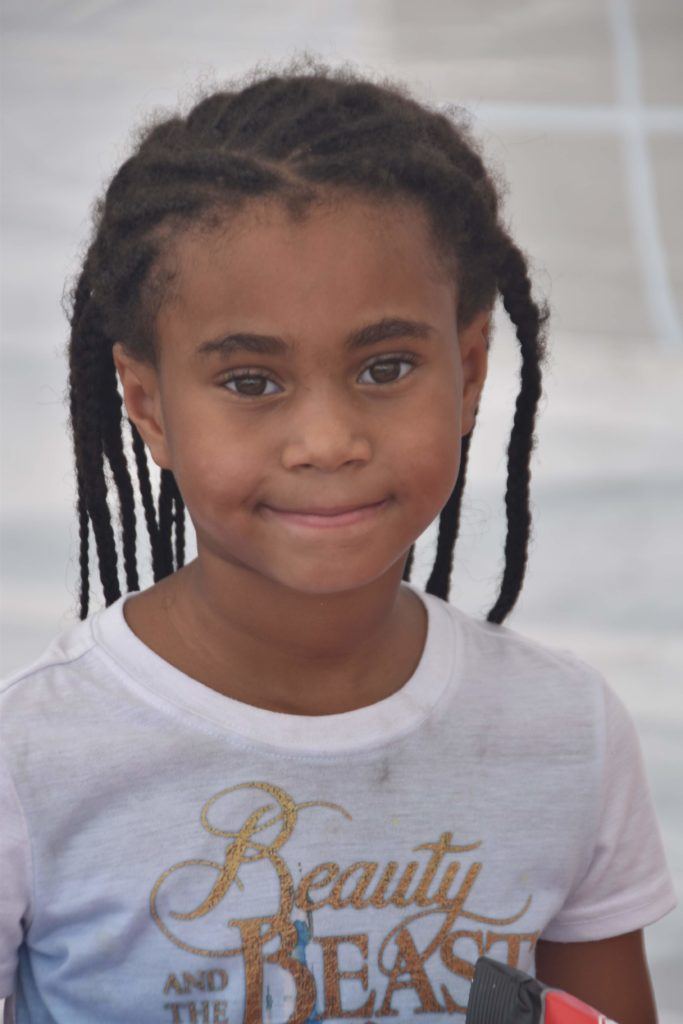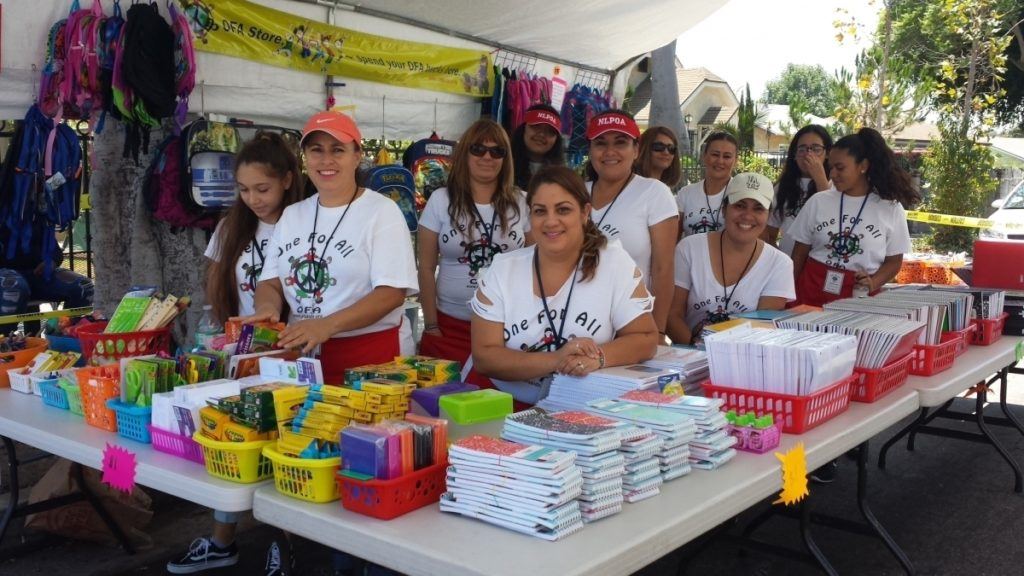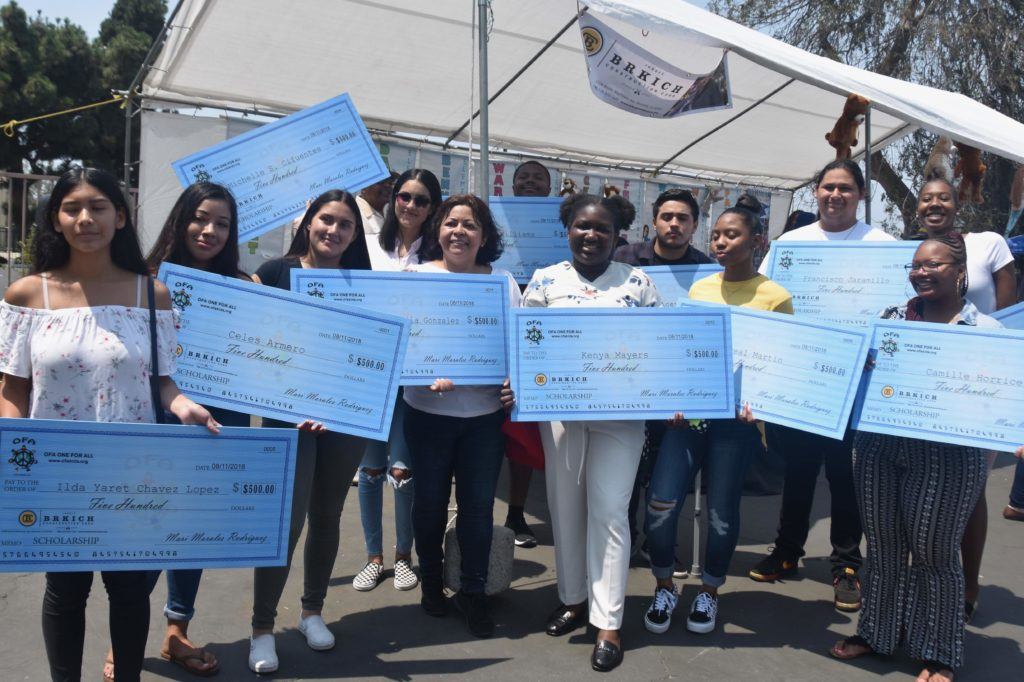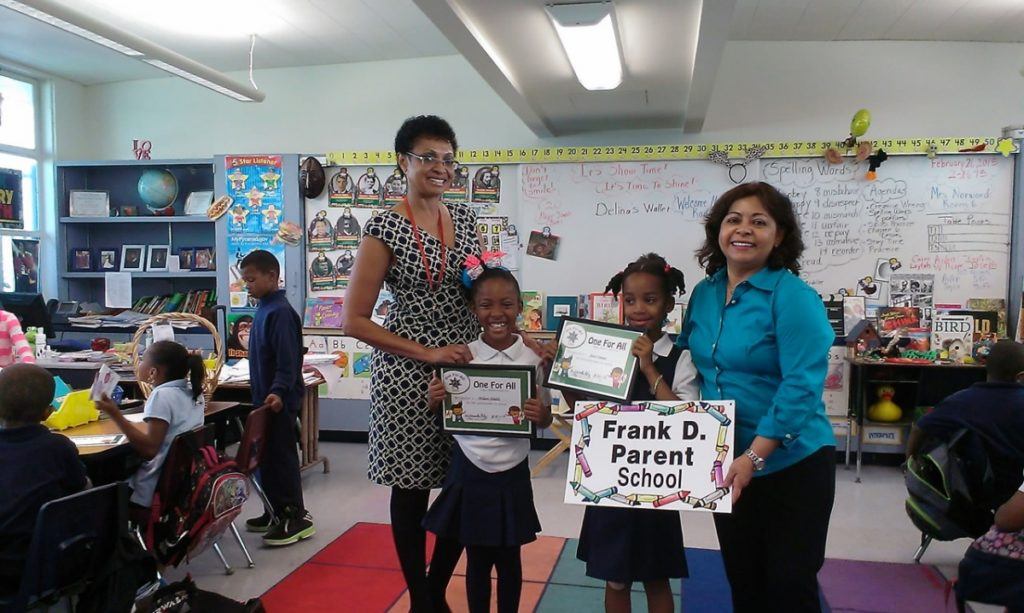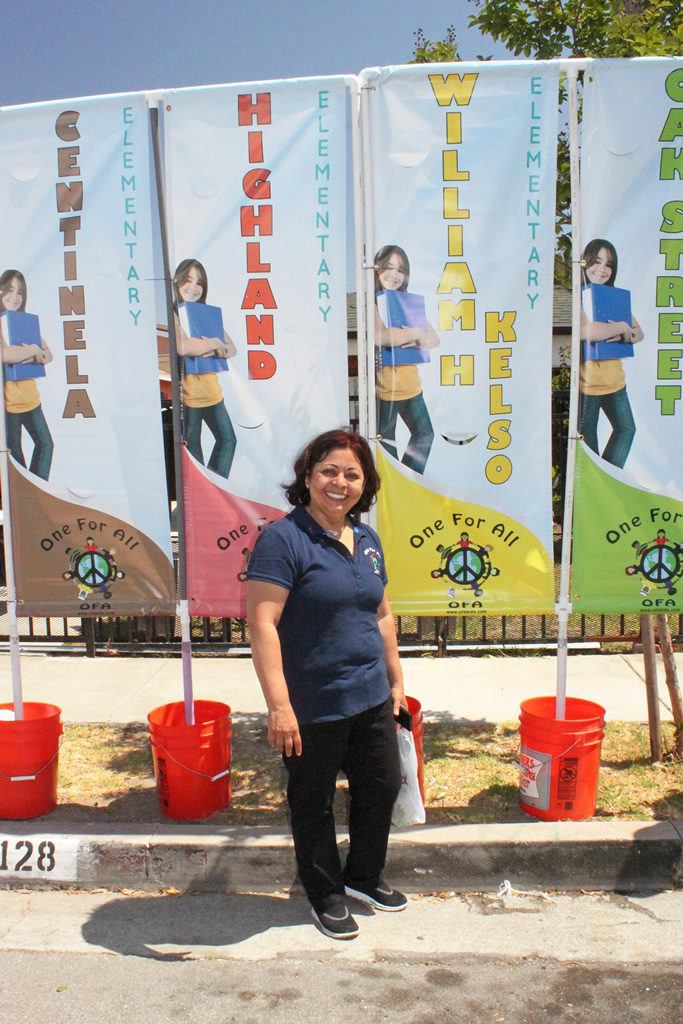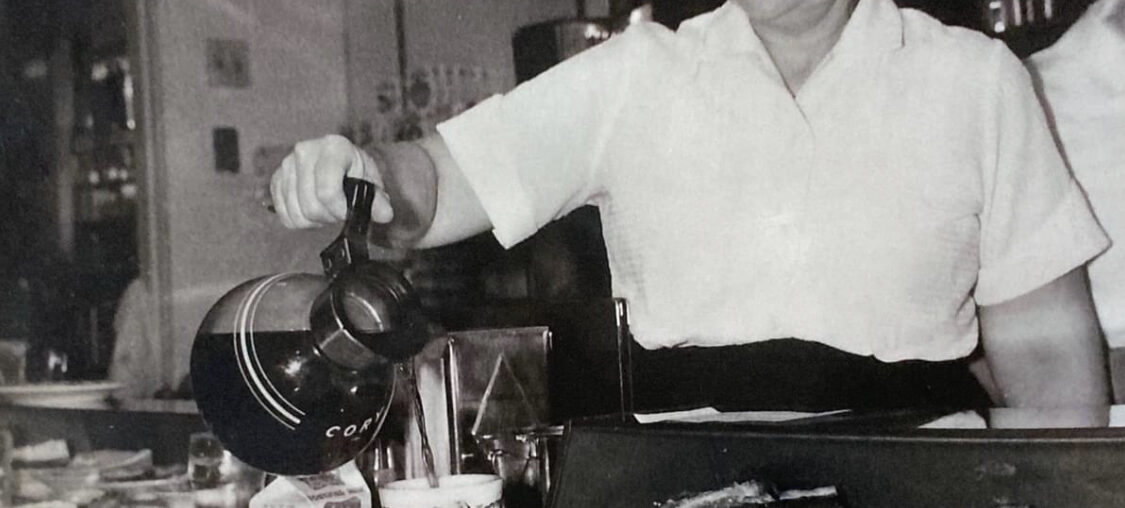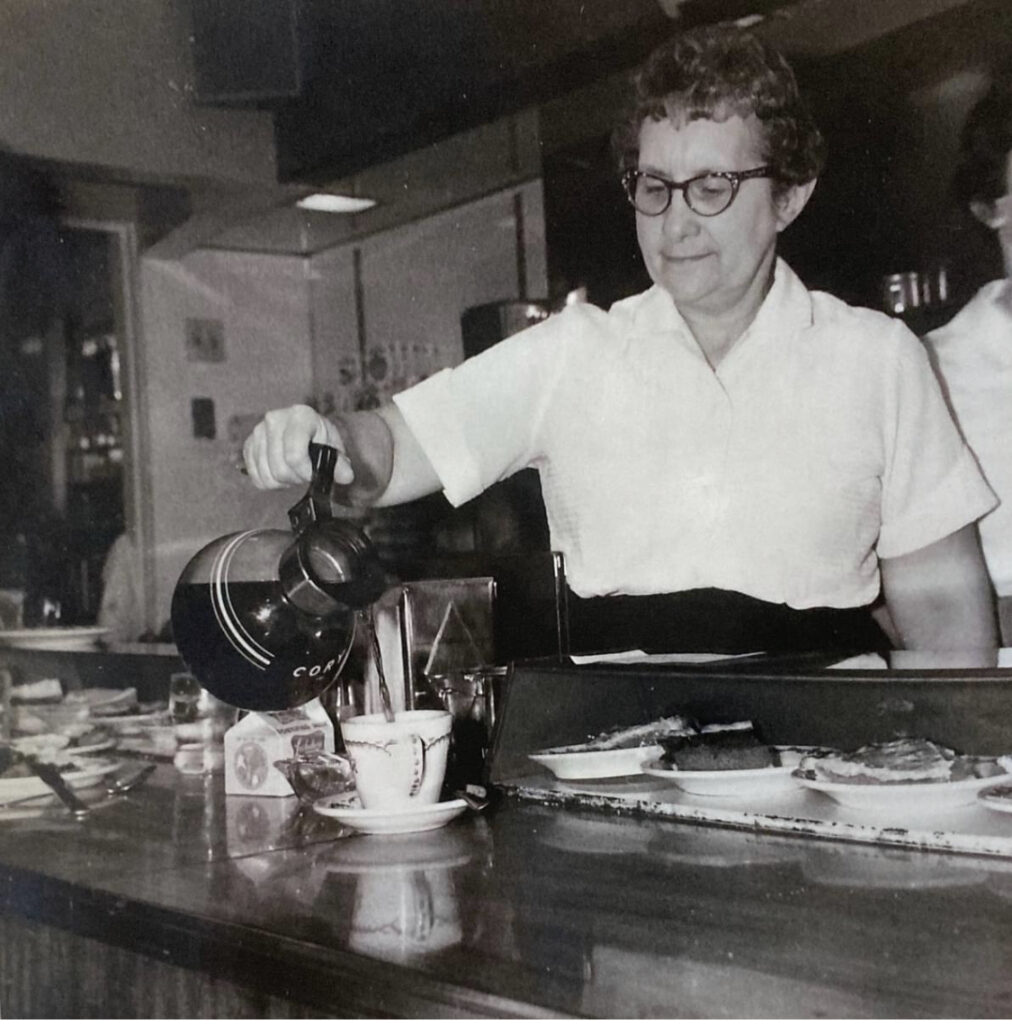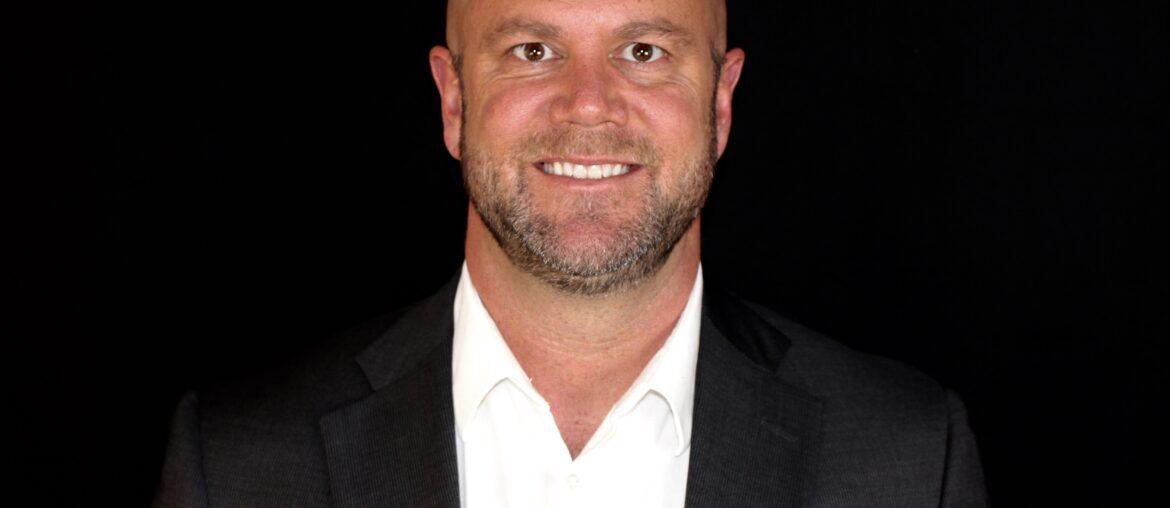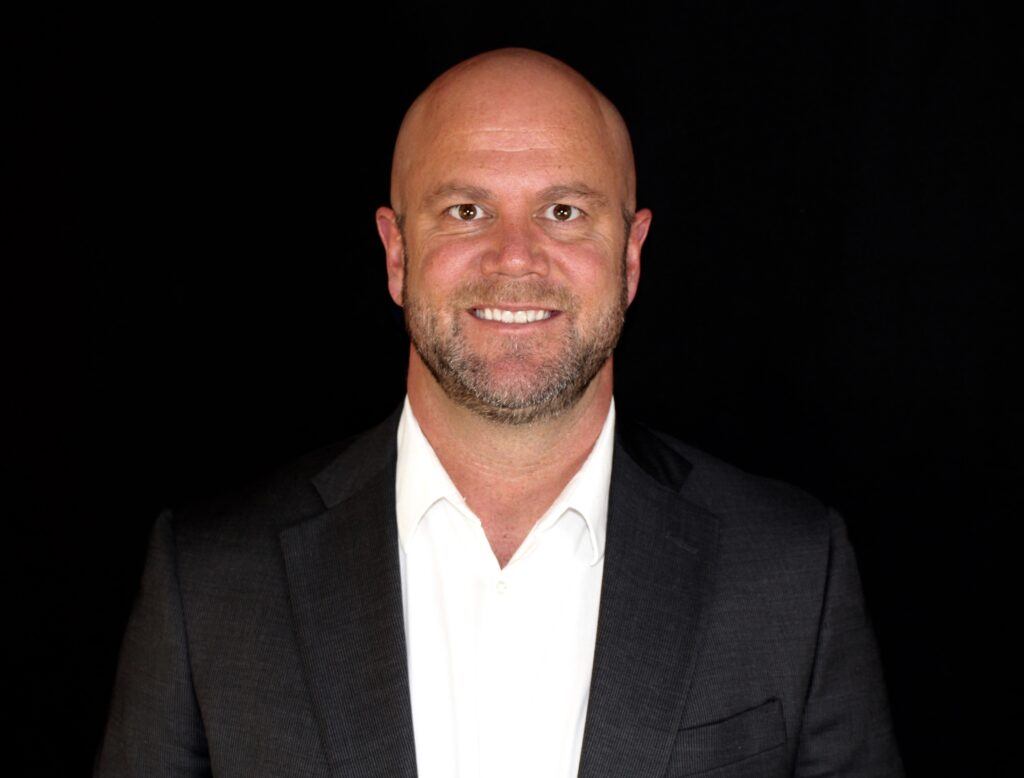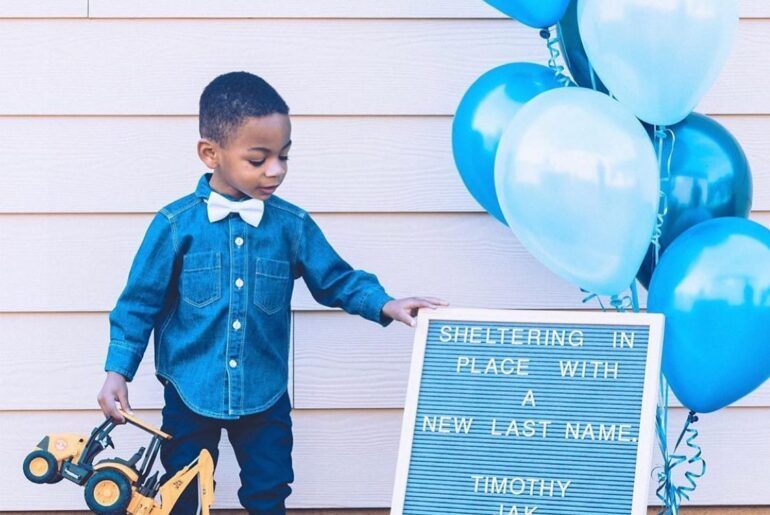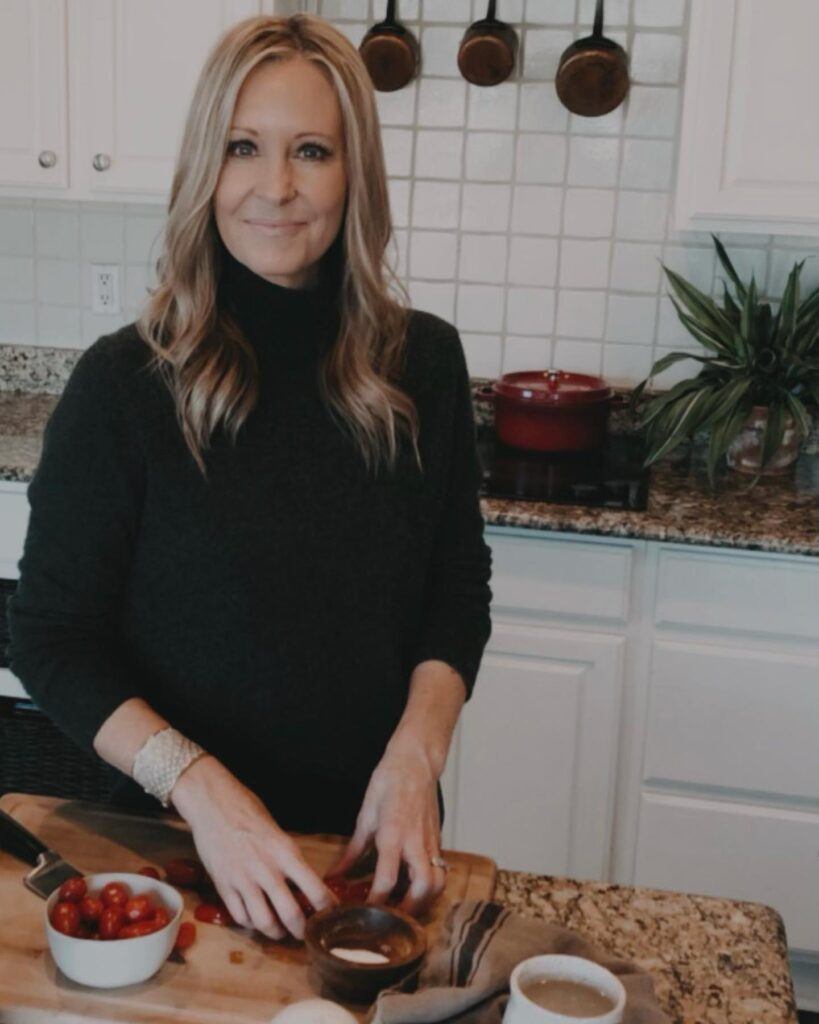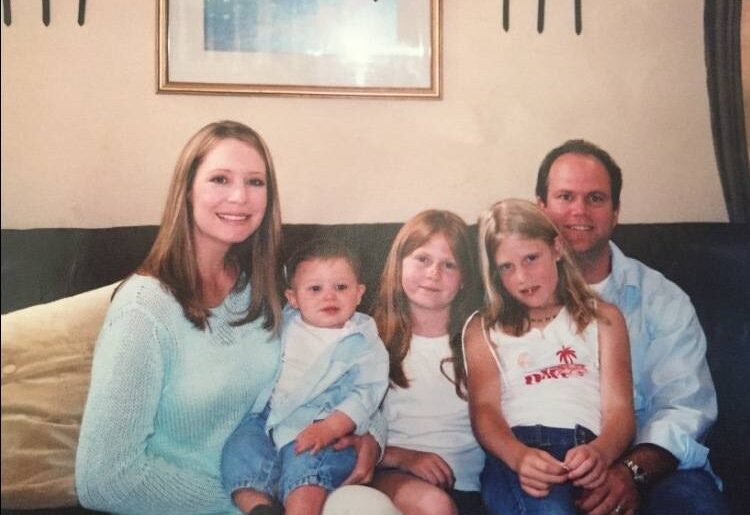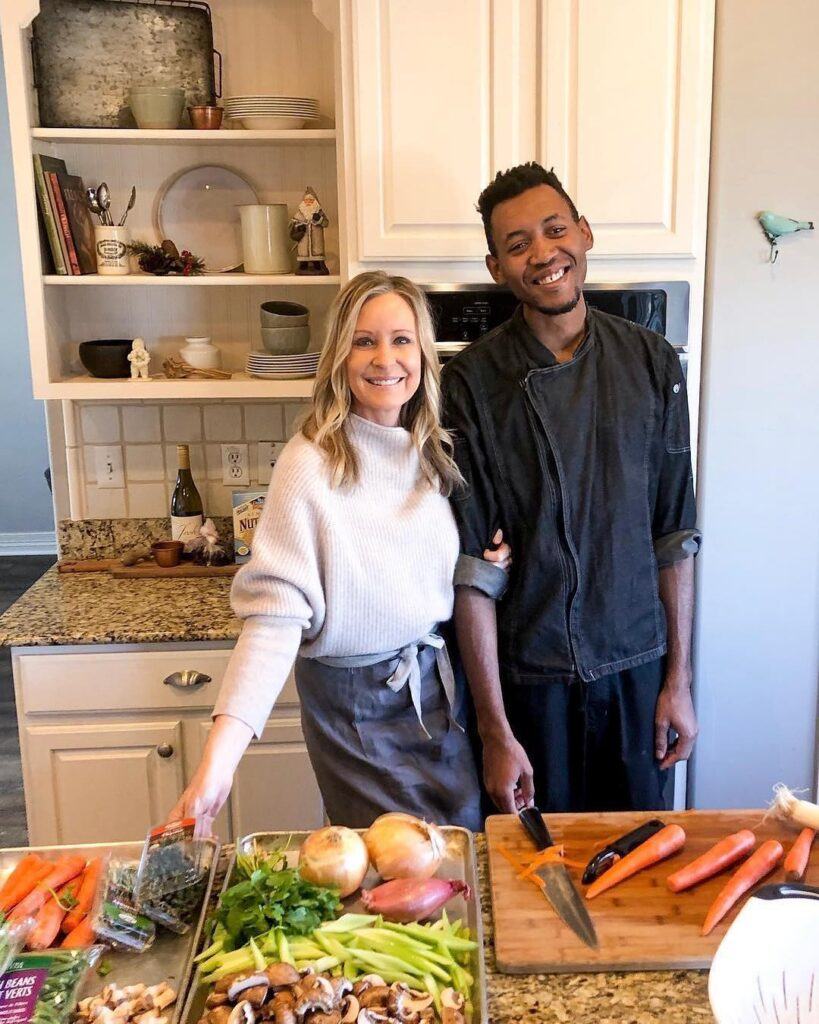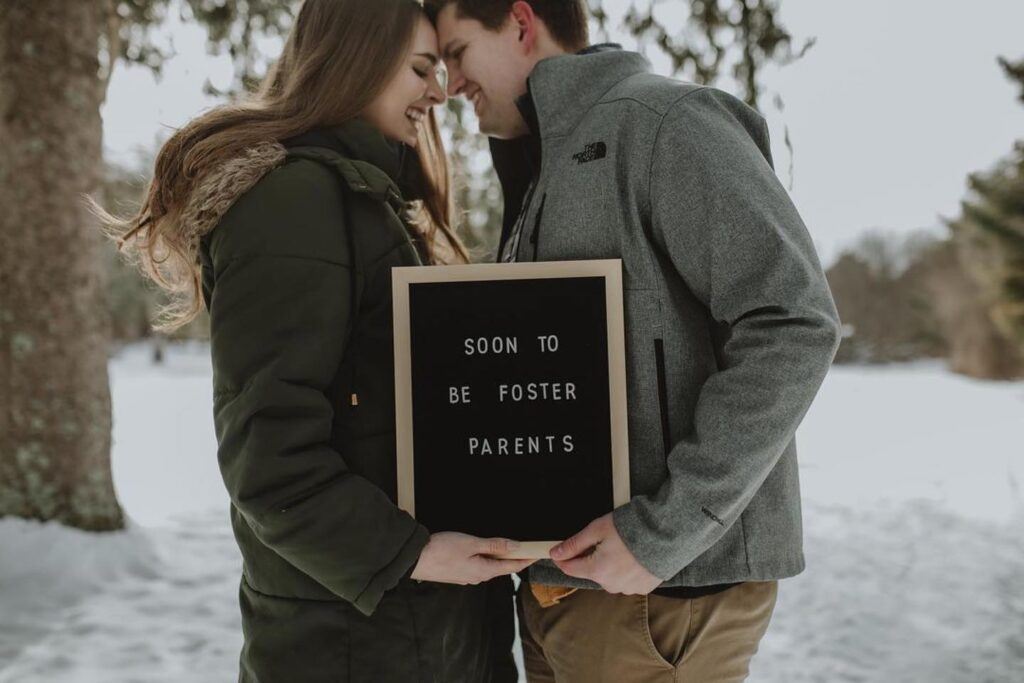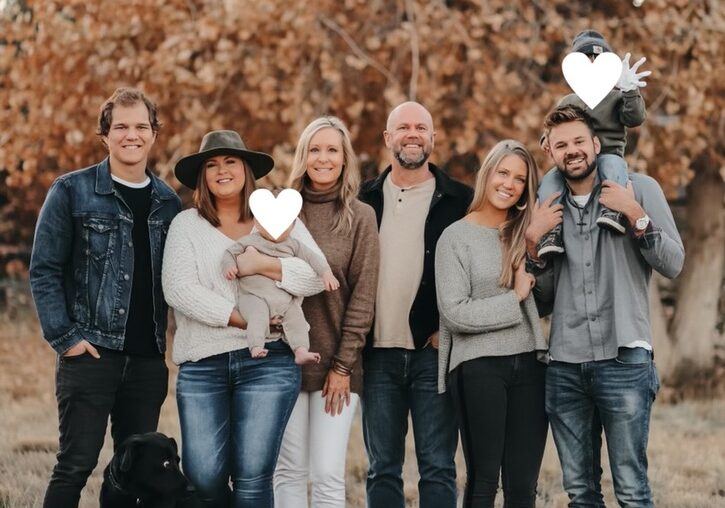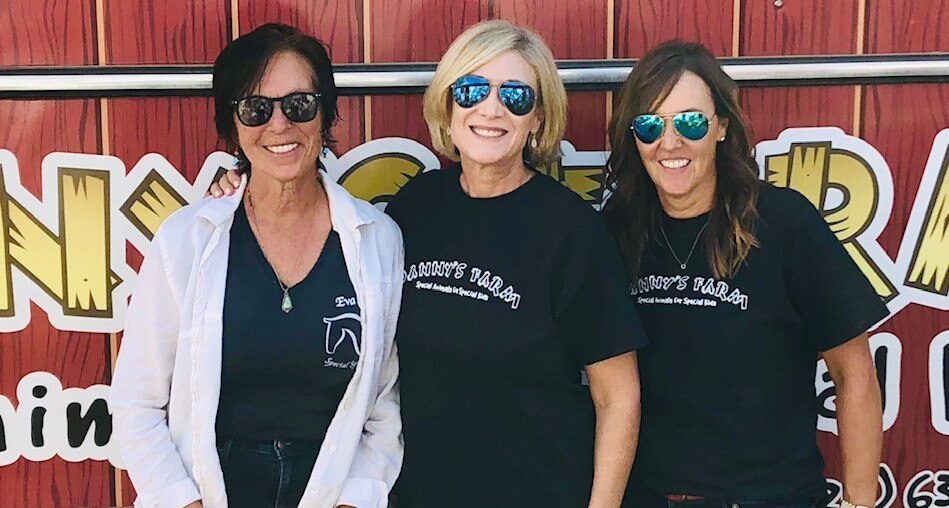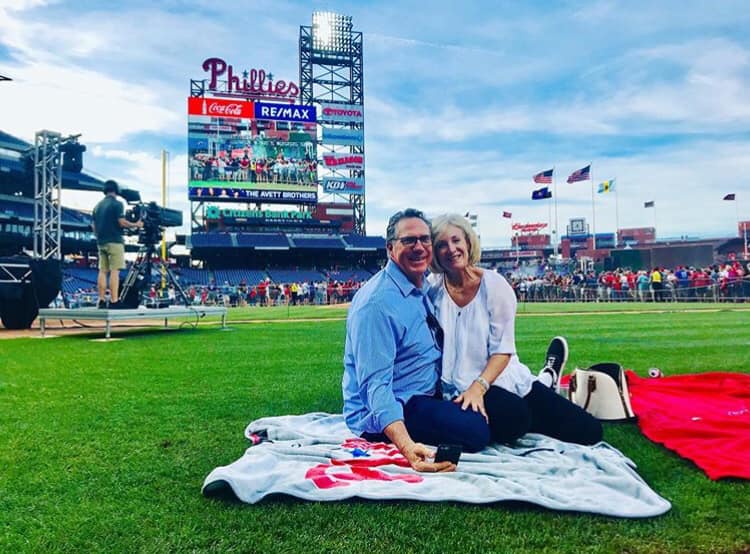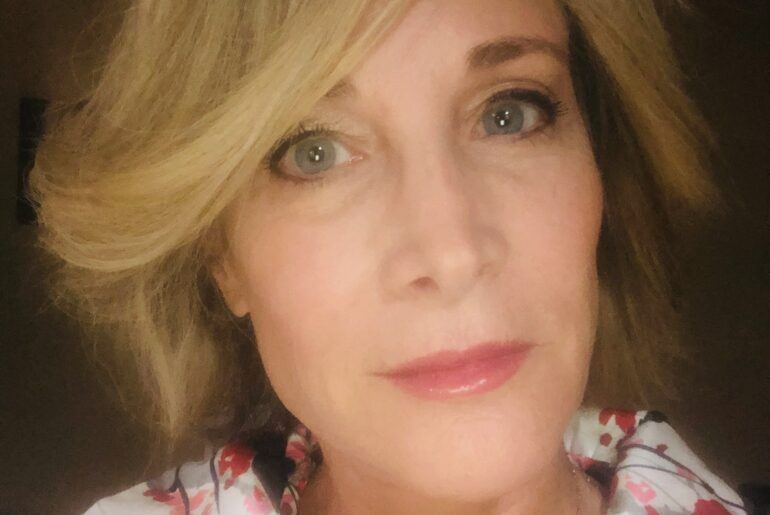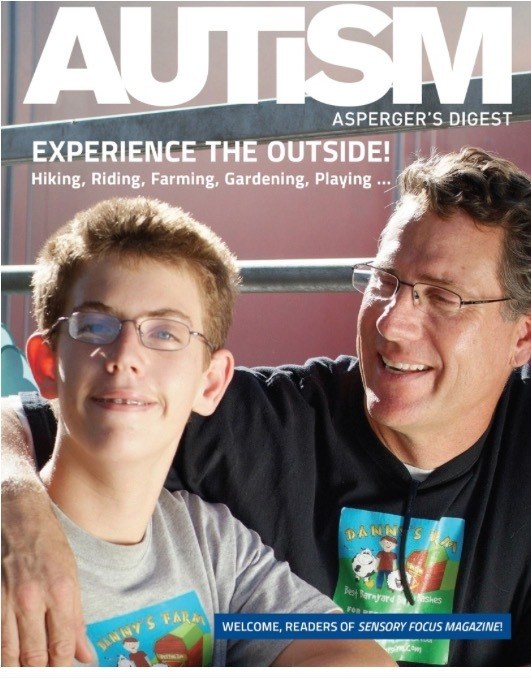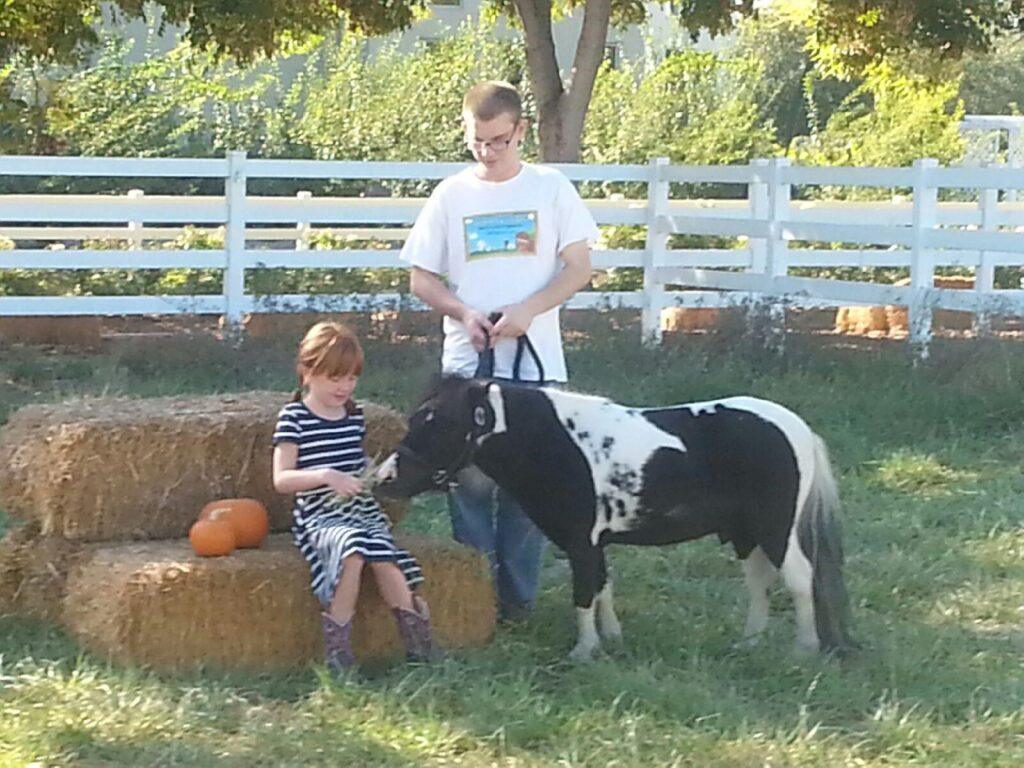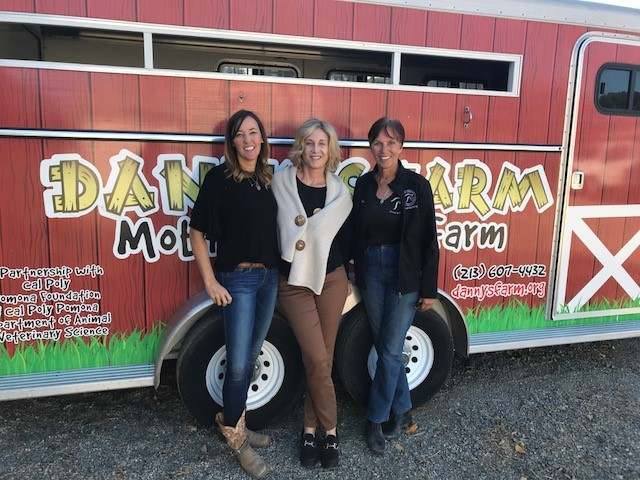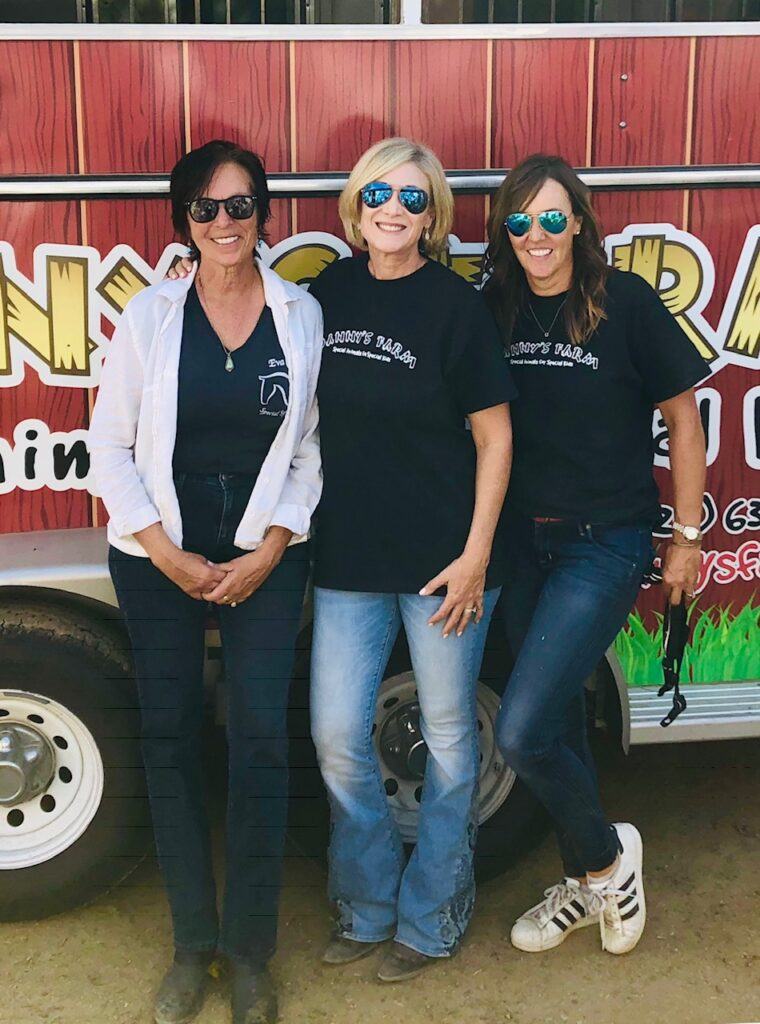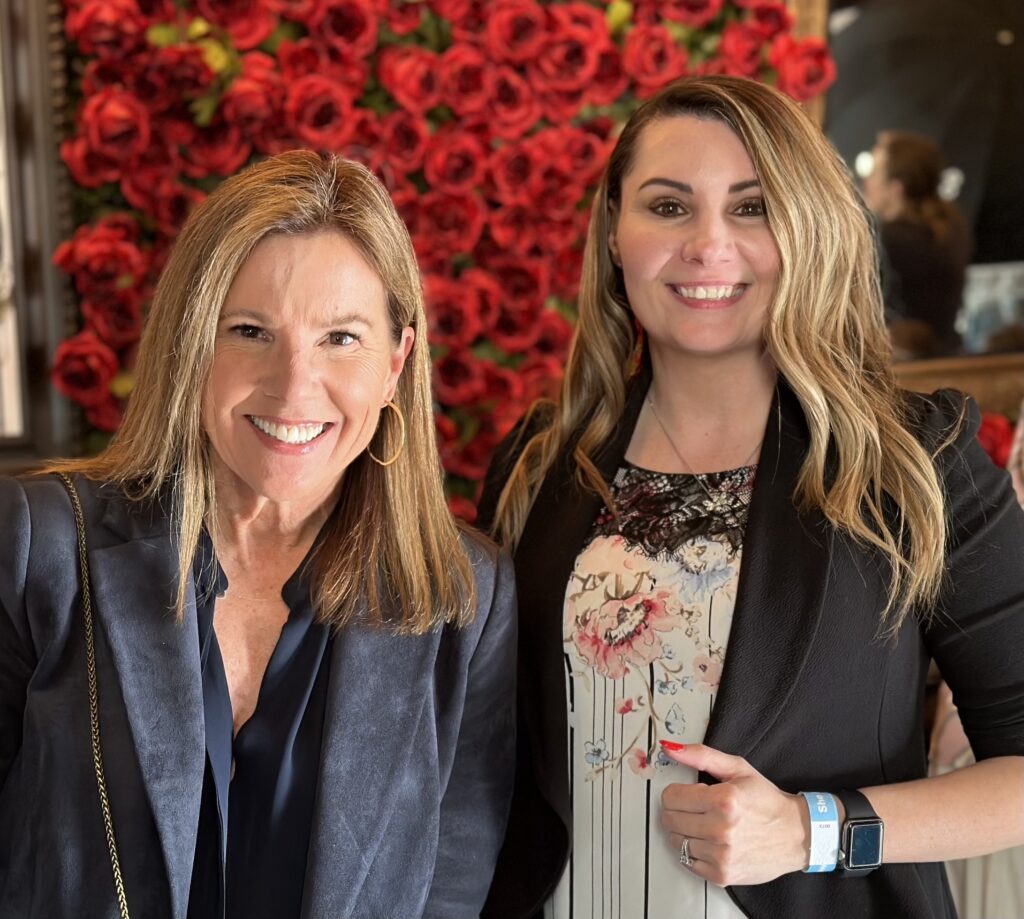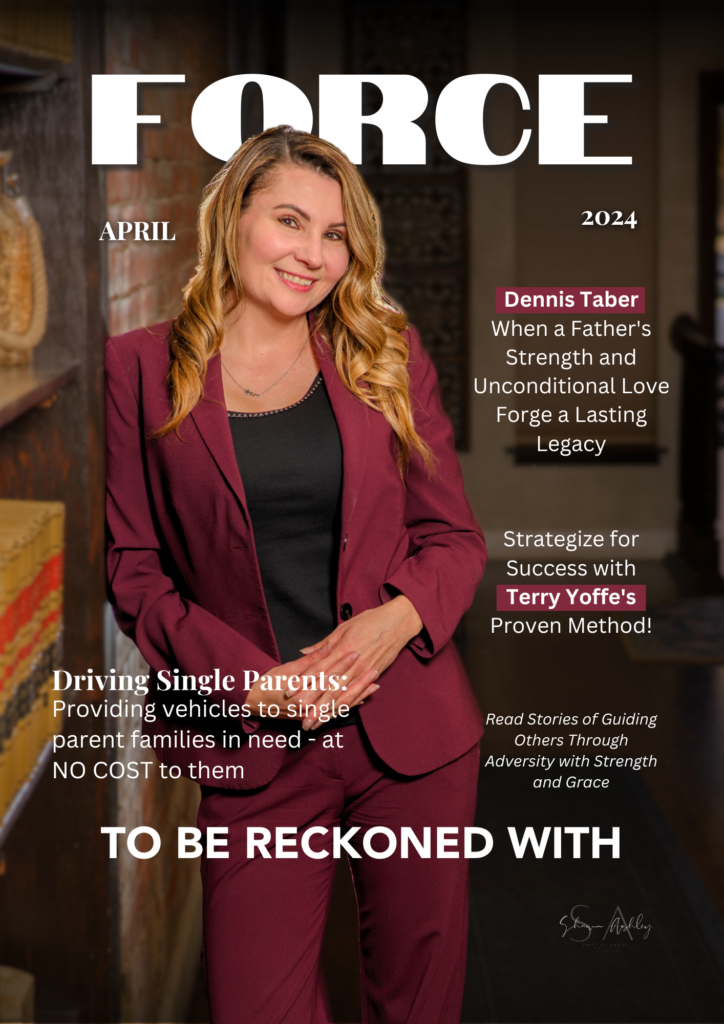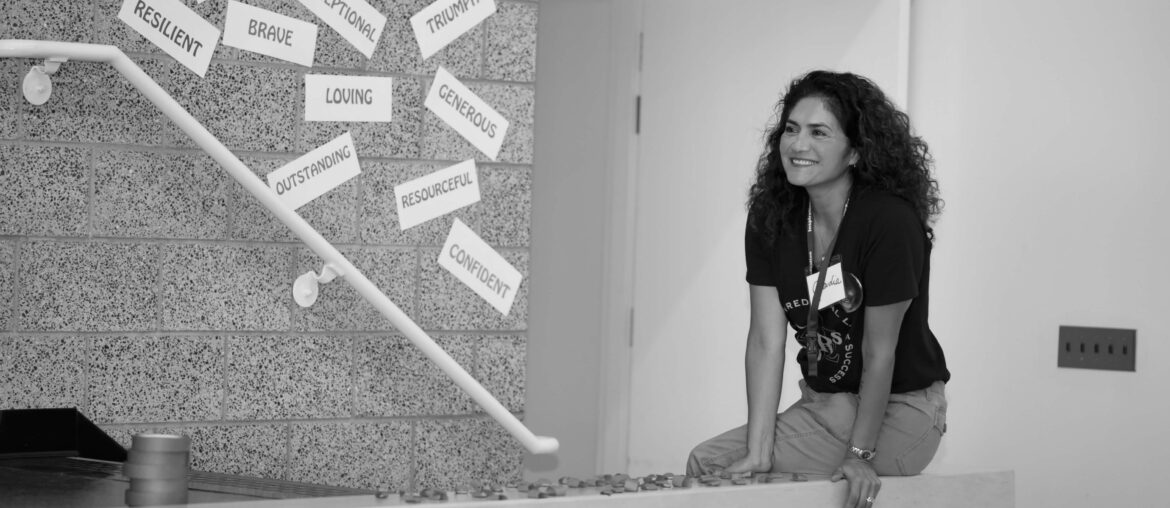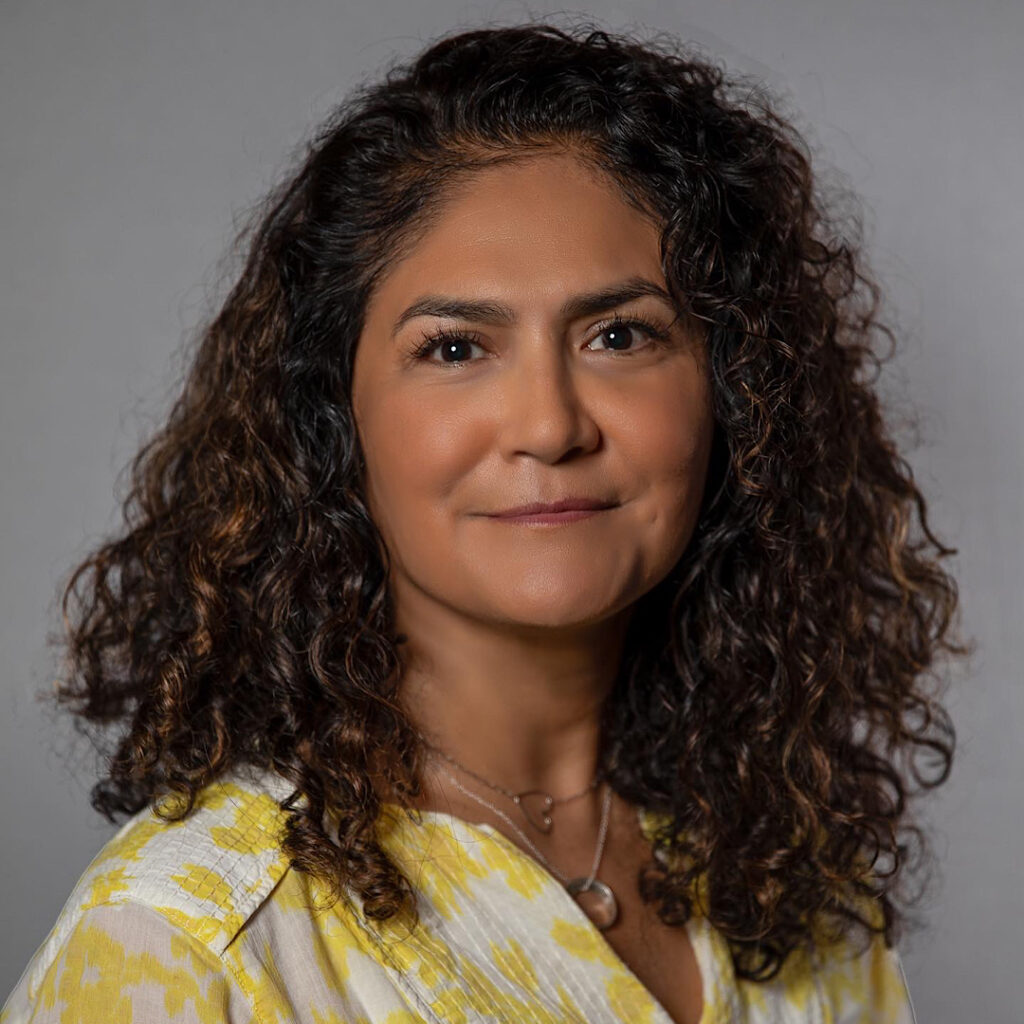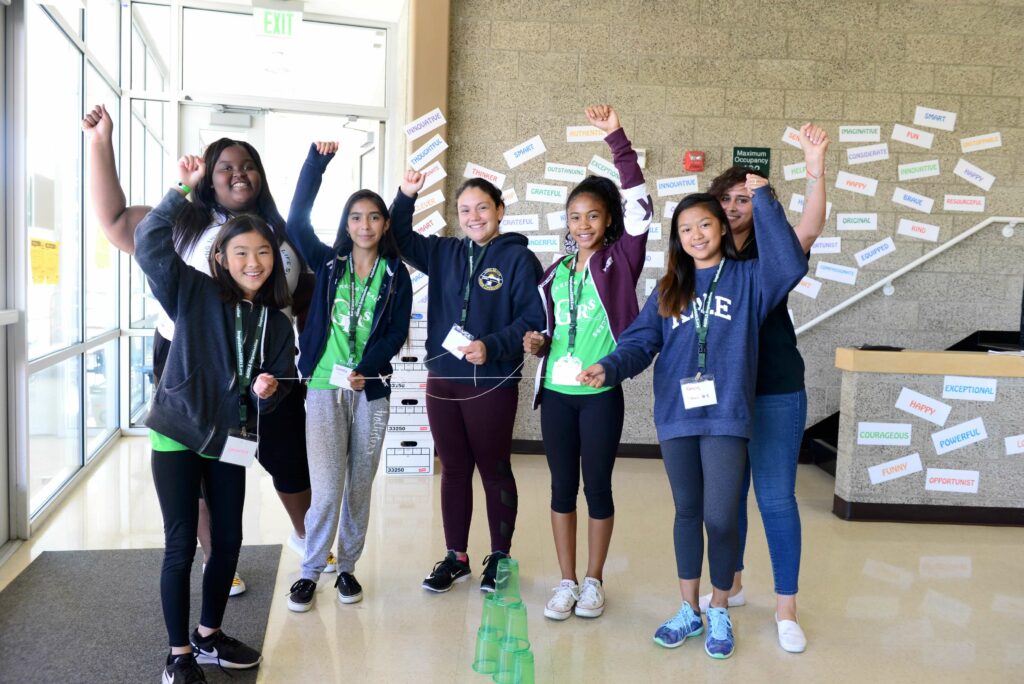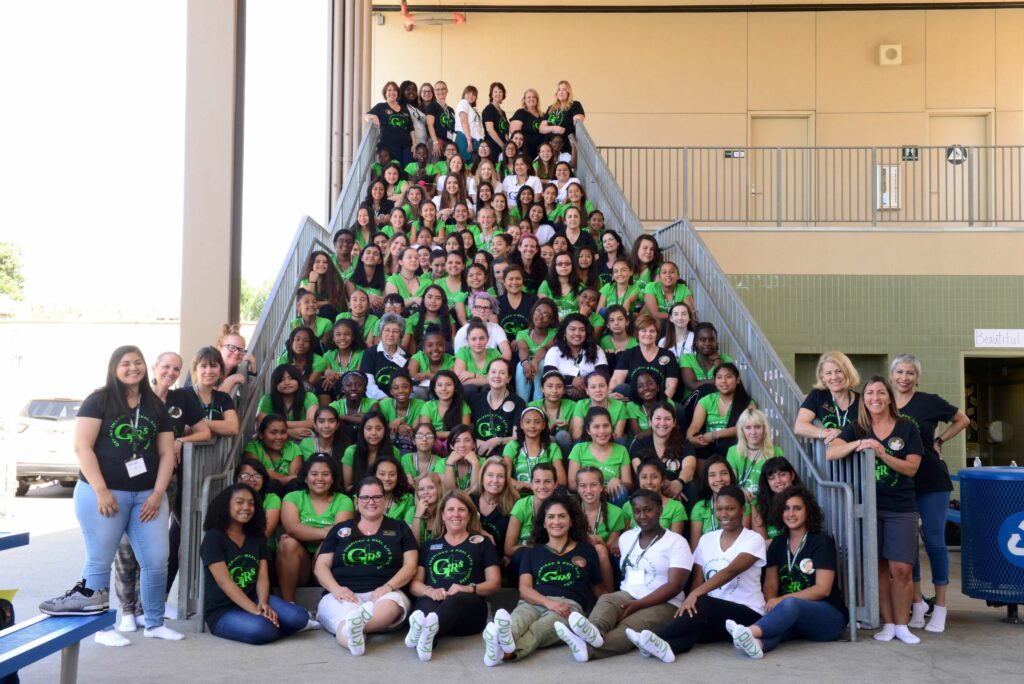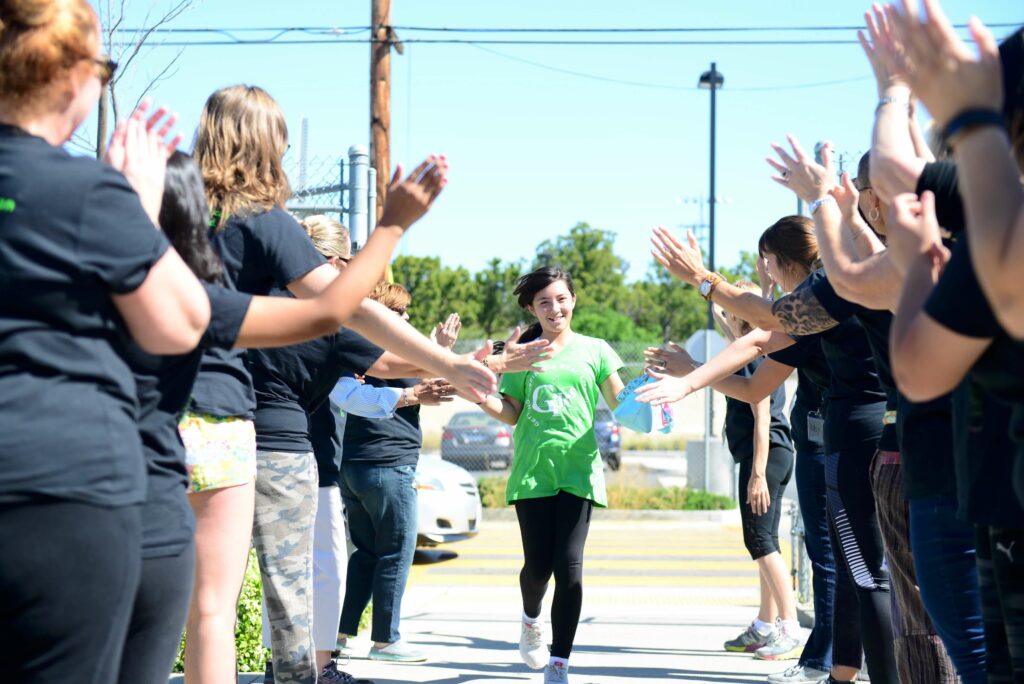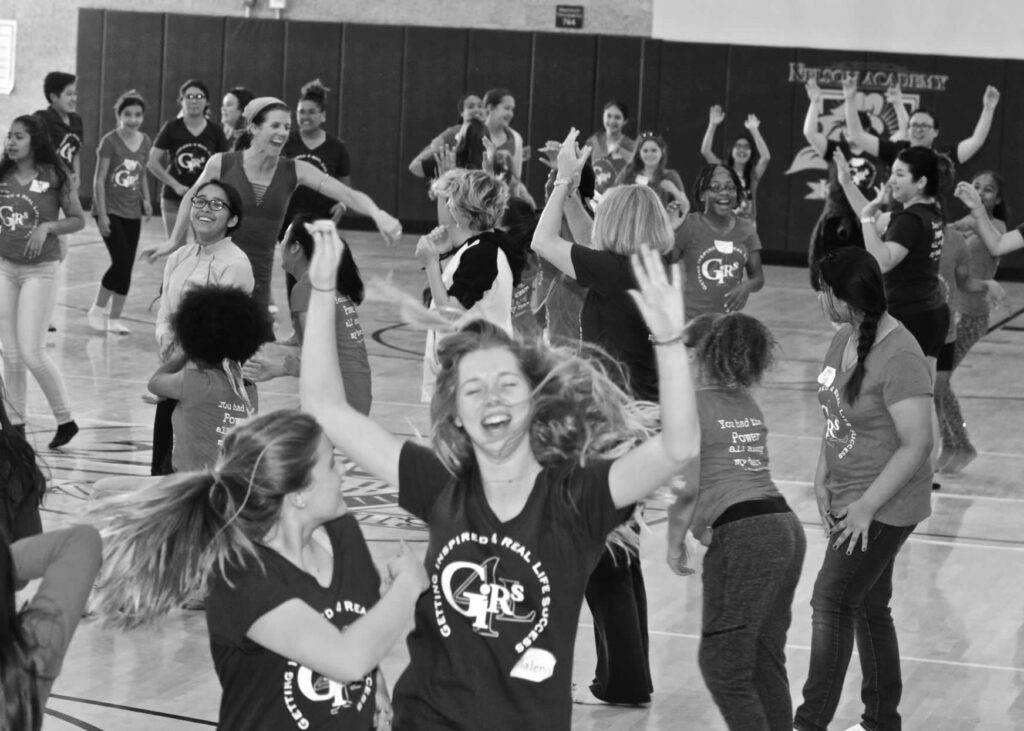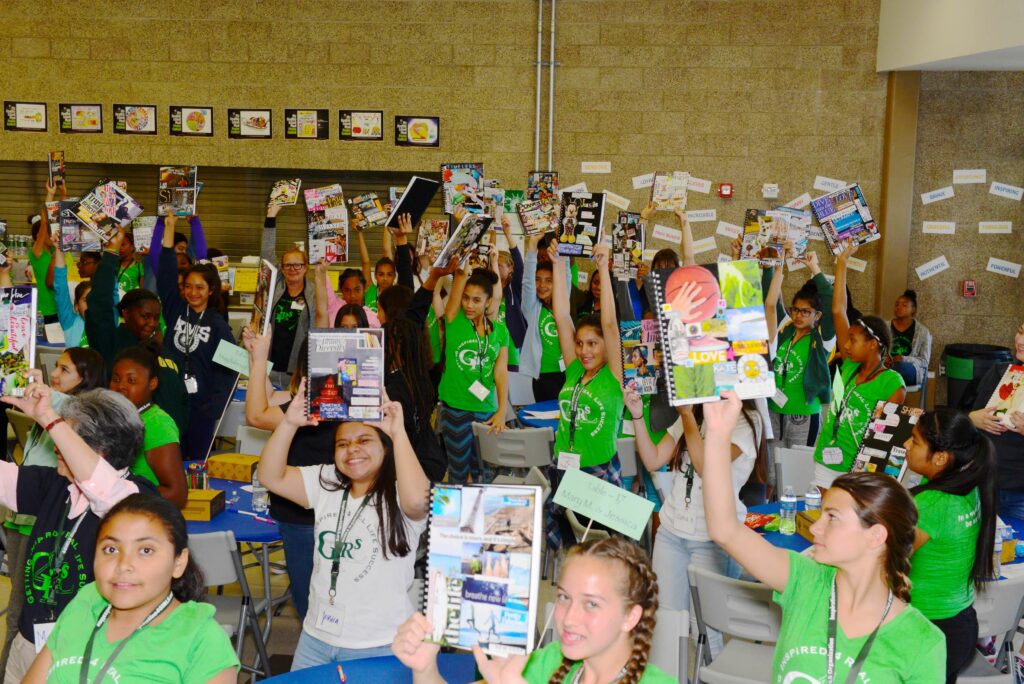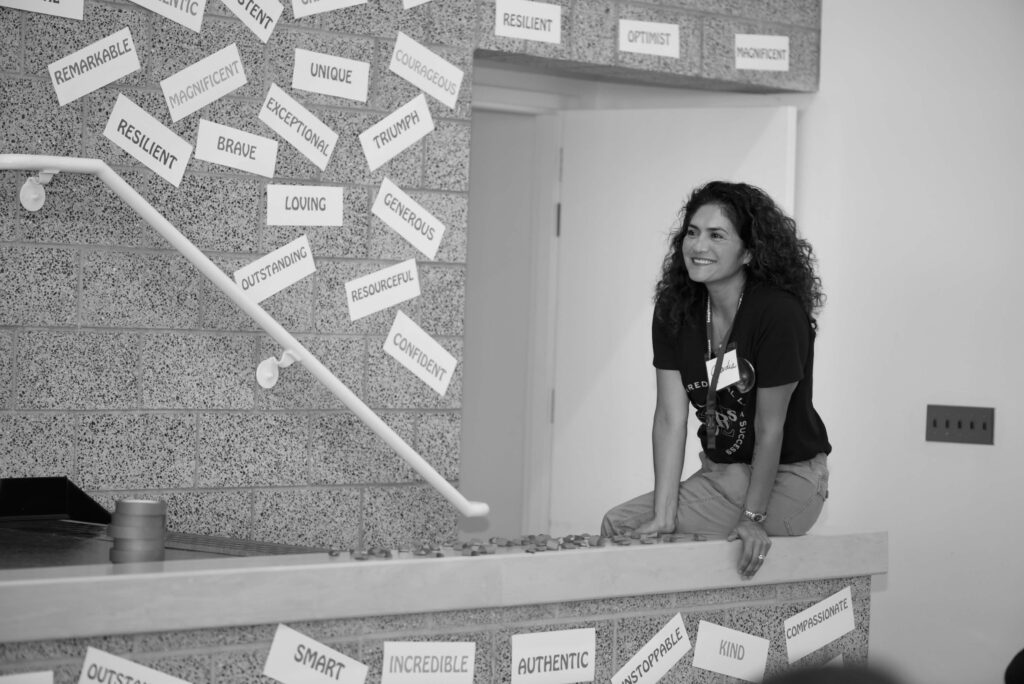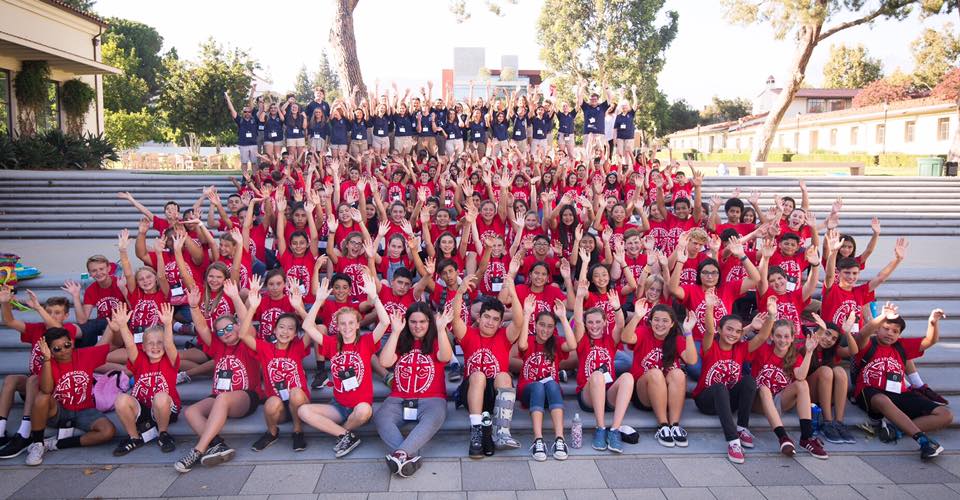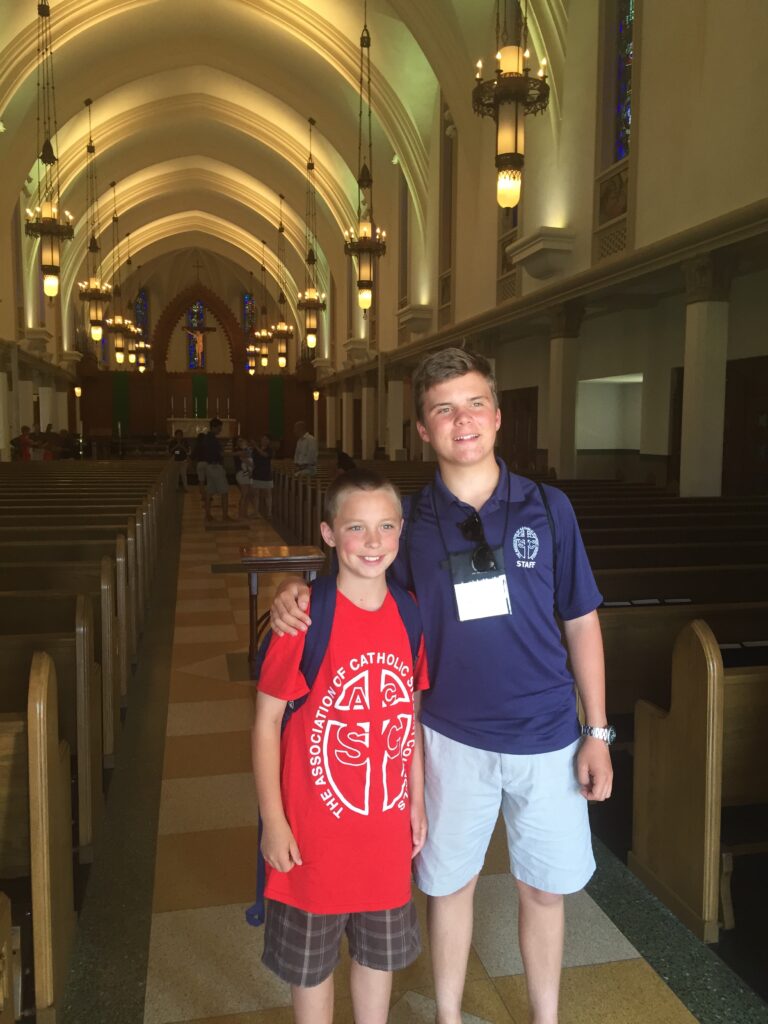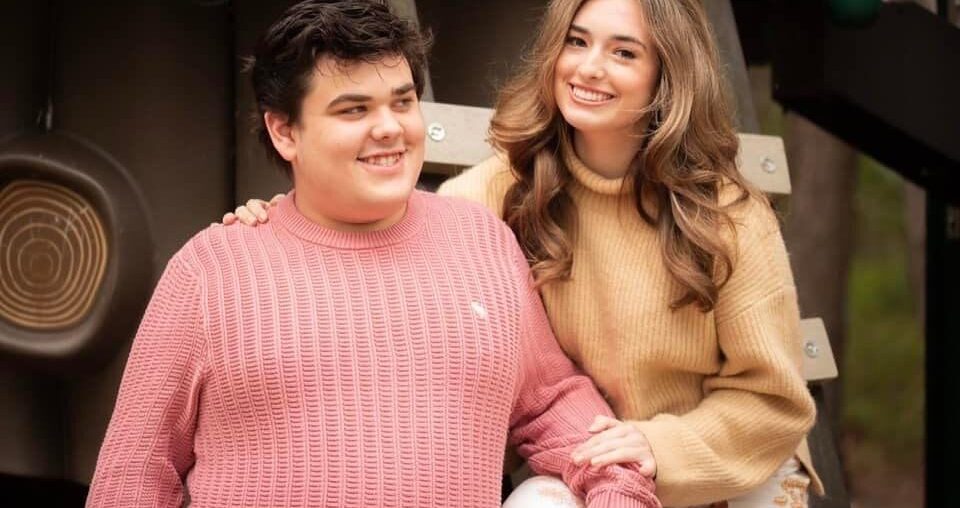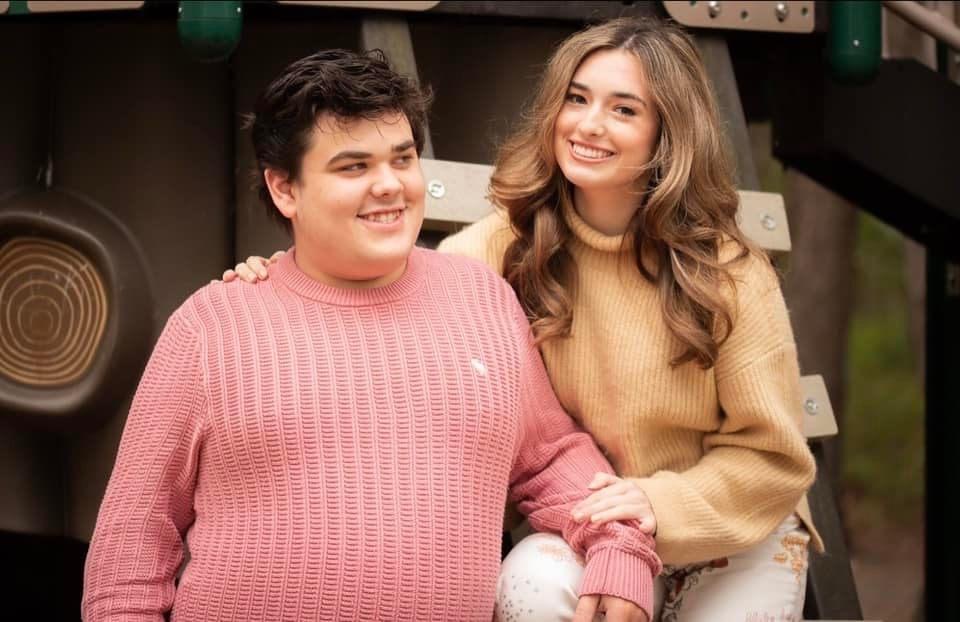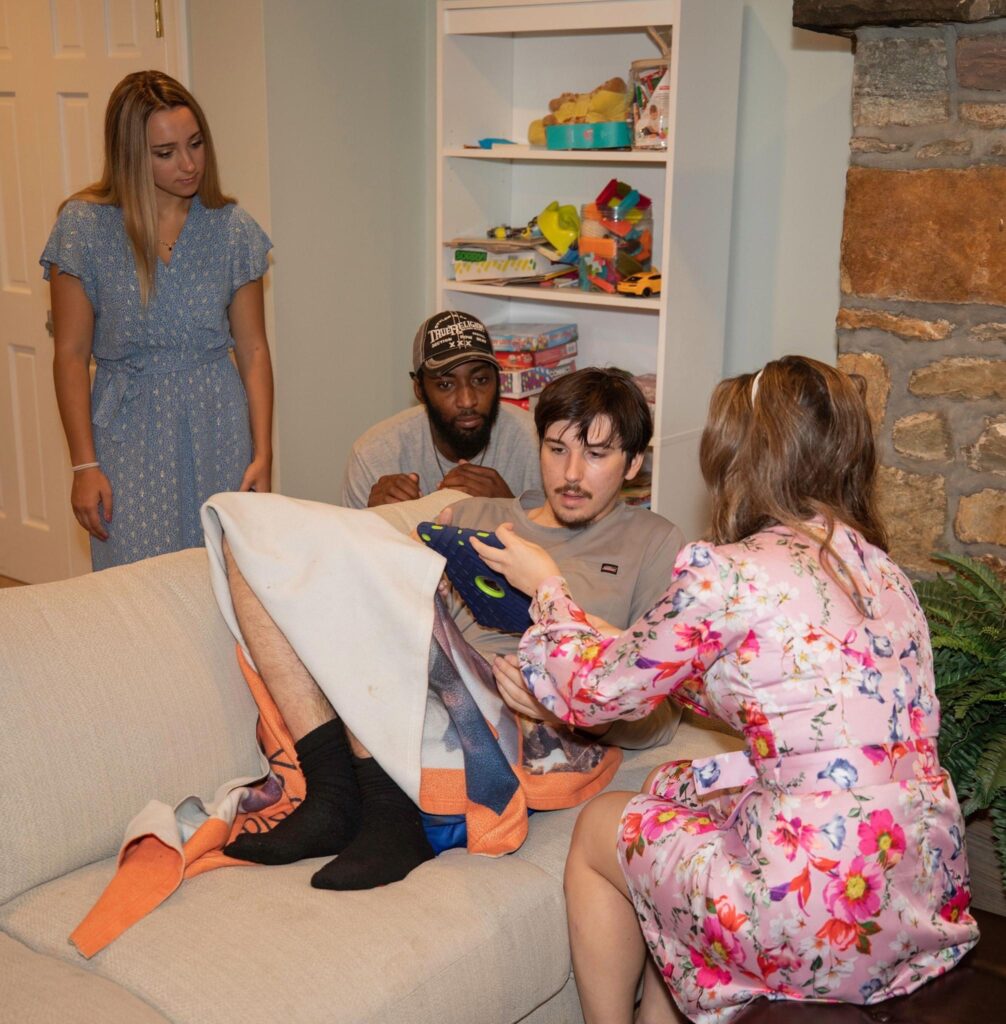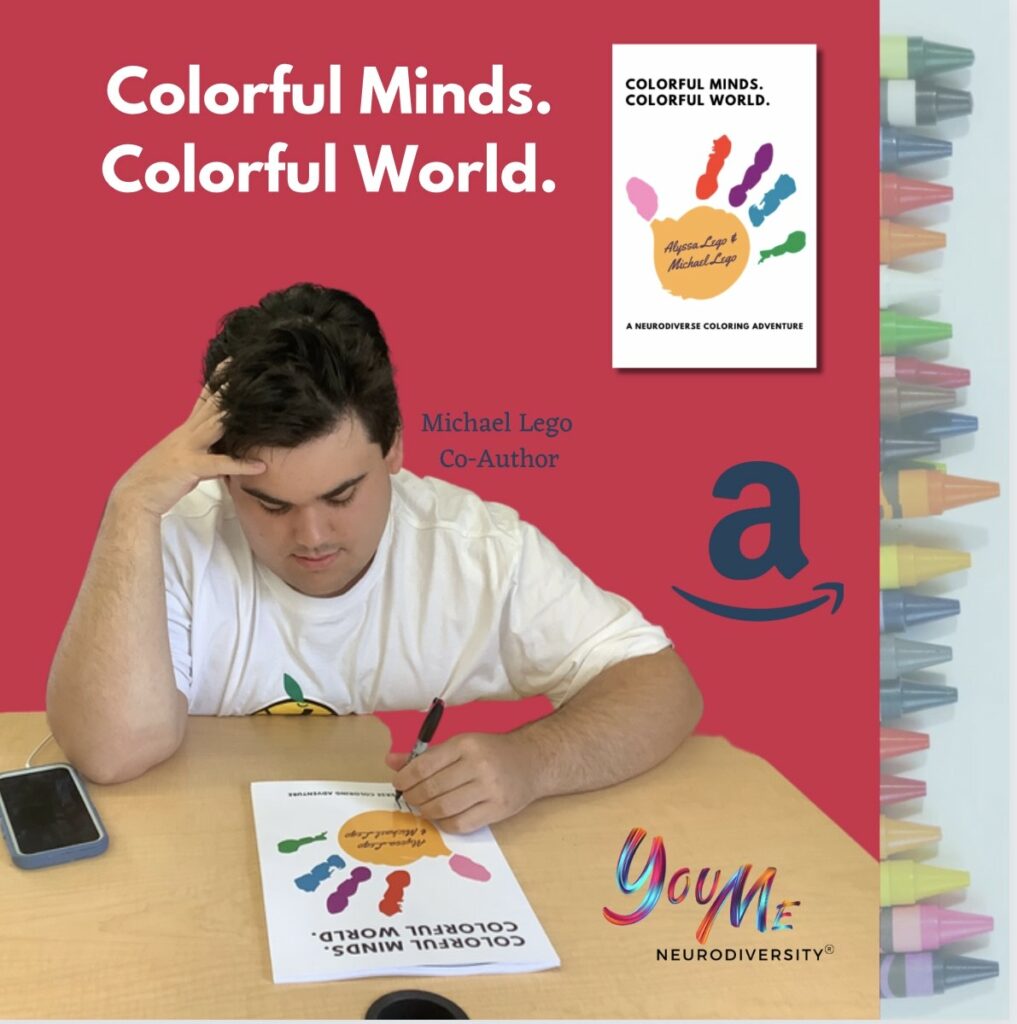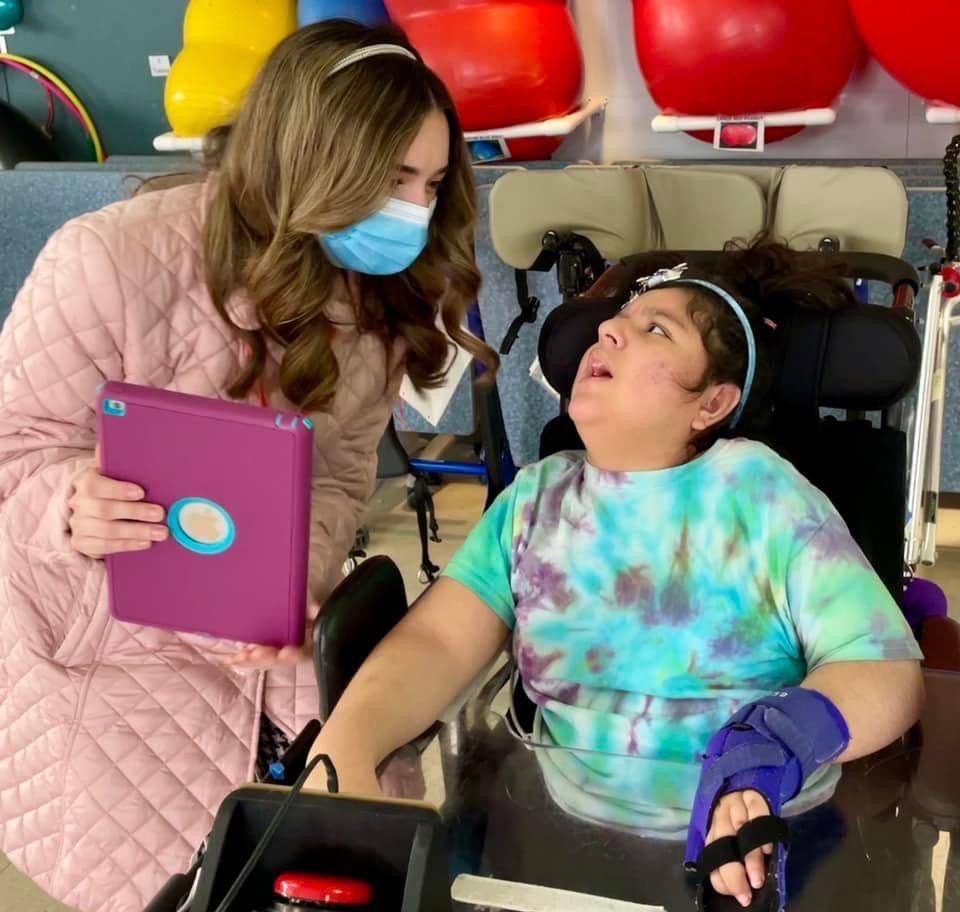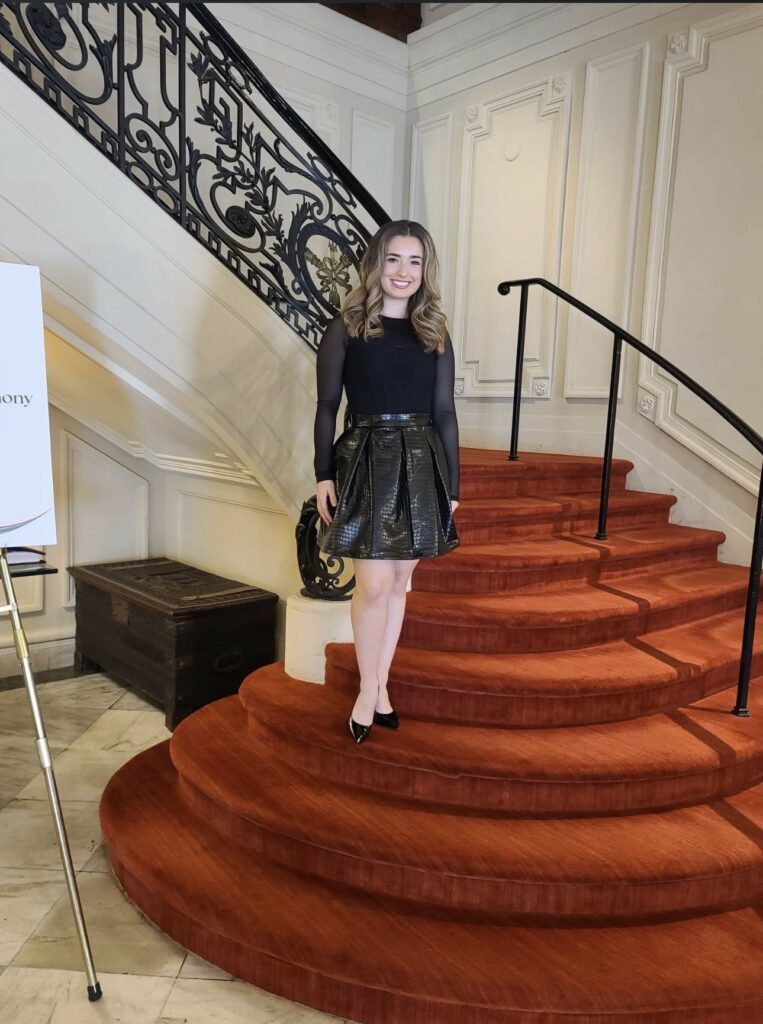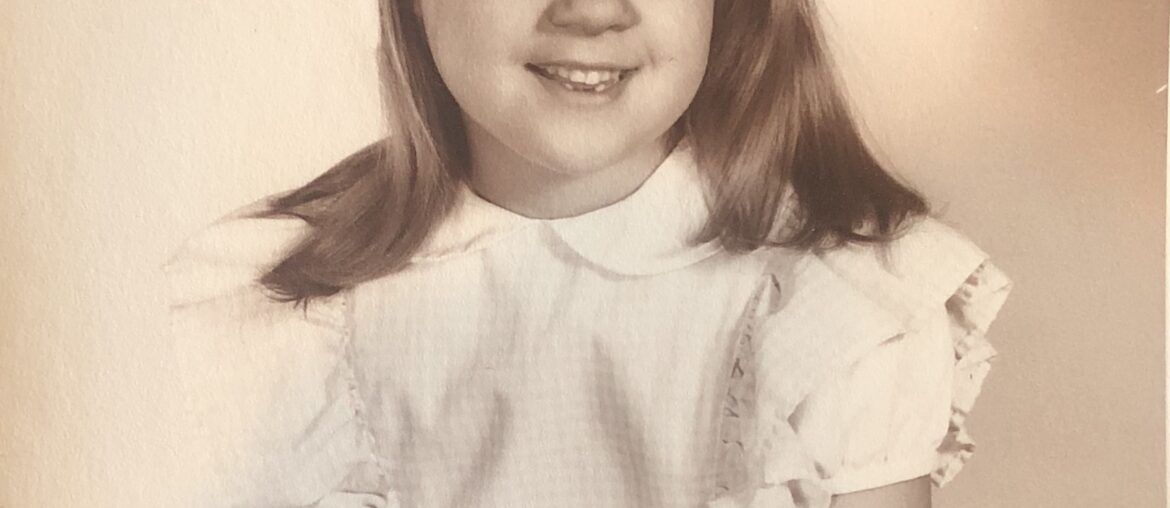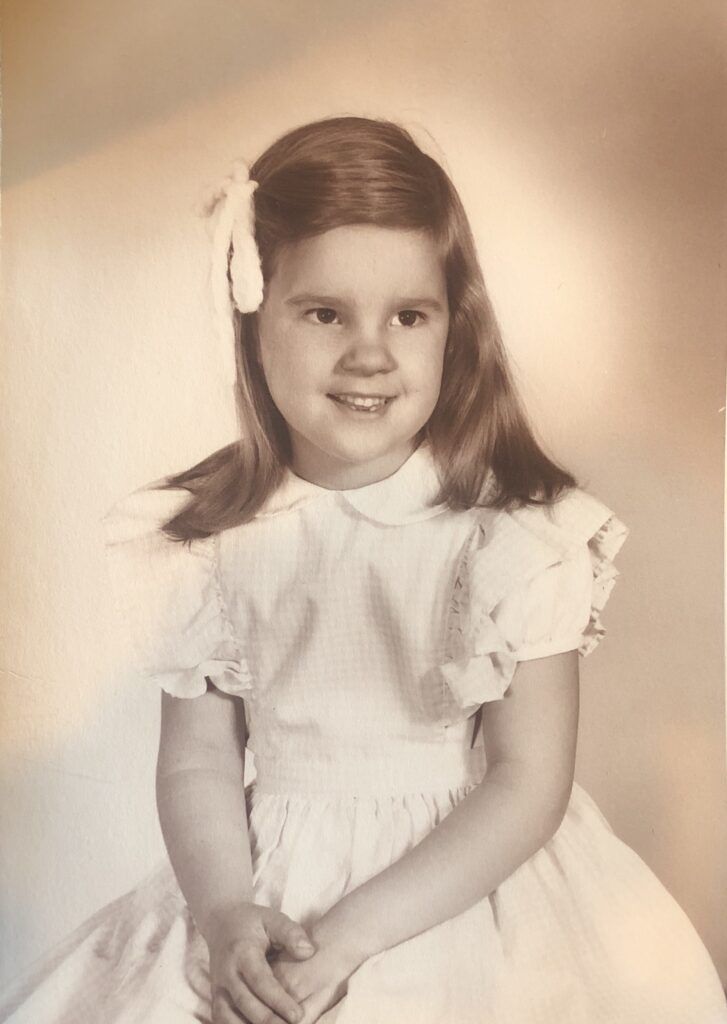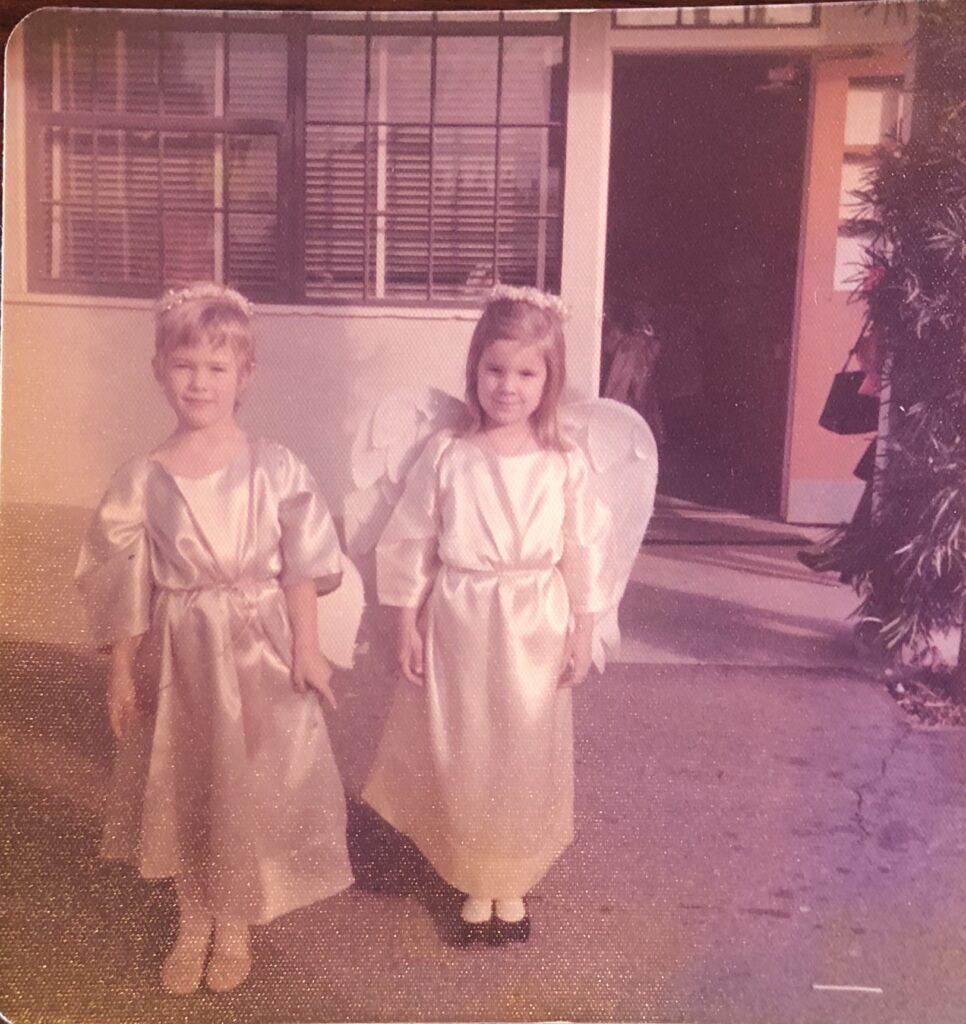You’ve heard me say it time and time again—the universe constantly places incredible people in my path. Sometimes I think my brain has a special filter that helps me find the very best humans on this planet. A few months ago, I was speaking to a National Charity League group and selling books when this bright light of a woman approached to buy a few. We started talking, and of course—she’s a nonprofit founder! But she is so much more than that. Her story is as amazing as she is.
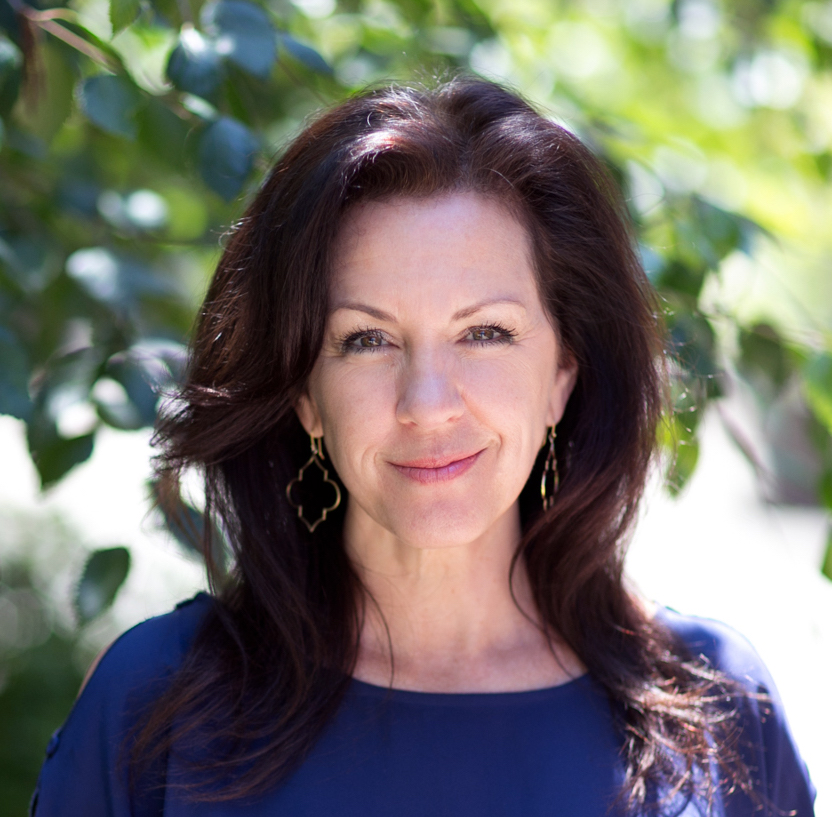
I am truly excited for you to meet Cristol Barrett O’Loughlin and hear her incredible journey of service with her nonprofit, RareGivers Global—a worldwide network that provides emotional support to caregivers of those with rare, chronic, and complex diseases. Did you know that 350 million people worldwide live with a rare disease? That’s 1 in 15 families globally who are navigating these caregiving challenges. Cristol’s story is ultimately a love story—for her brothers, whom she lost to a rare disease—and how she now uses her life to help countless others.
Here are a few highlights from our conversation:
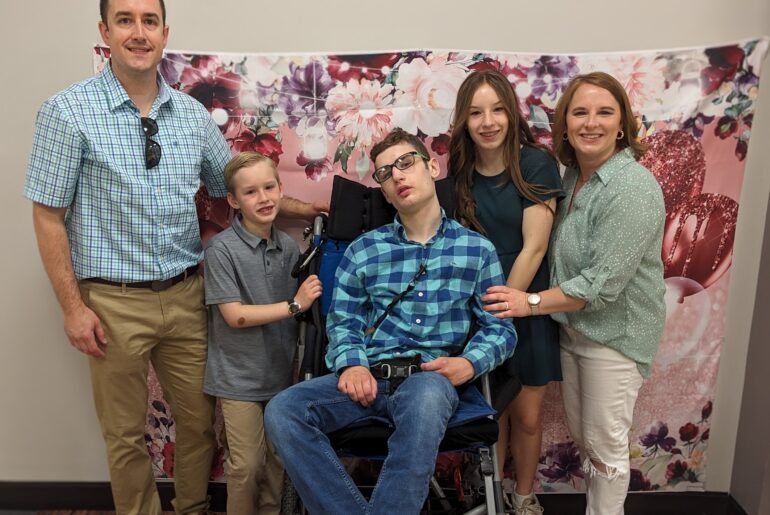
Charity Matters: Tell us a little about what Raregiver Global does?
Cristol Barrett O’Loughlin: Raregivers cares for the caregivers. We are all about providing emotional relief services to caregivers that are living in what we call a radical caregiving environment. We work specifically with patients, parents and healthcare professionals in rare, chronic and complex diseases. There’s about 10,000 uncured rare diseases that have been genetically identified, and it’s not a small community. It’s the wrong word… rare. The rare disease community is actually one in 10 families in the United States, and one in 15 worldwide.
This is really radical caregiving. This is 24/7 medical management at home. This is doing skilled nursing interventions like administering epileptic medications every hour on the hour, 24/7 for decades.
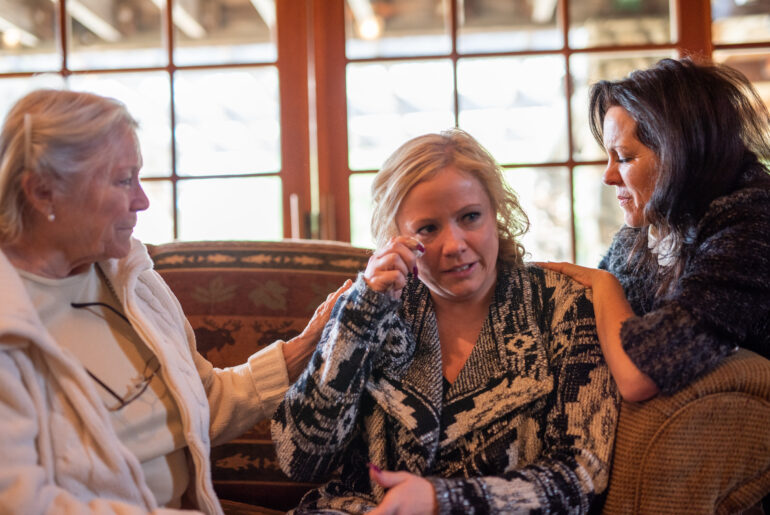
Charity Matters: Tell us a little about Growing Up…Did you have any indicators that maybe you would go into this type of work?
Cristol Barrett O’Loughlin: My parents met when they were 15—he was the football captain, she was the cheerleader. They married at 19 and told their pediatrician they wanted a big family. Within eight years, they had five children. What my mother didn’t know was that she was a carrier for Hunter Syndrome, a rare genetic disorder affecting boys.
My oldest brother didn’t have it, but my younger brothers David, Jared, and Randy did. My mom noticed early delays in their development. Eventually, they received the diagnosis: Hunter Syndrome. There’s no cure. Our family went through every phase of grief, holding on to hope.
I was 10 when Randy passed at 12. My other brothers passed at 18 and 19. I was 10, 14, and 15 when they died. Not long after, my parents divorced. Later, I learned that divorce rates are six times higher in rare disease families. Depression, anxiety, and addiction rates are also staggeringly high among caregivers.
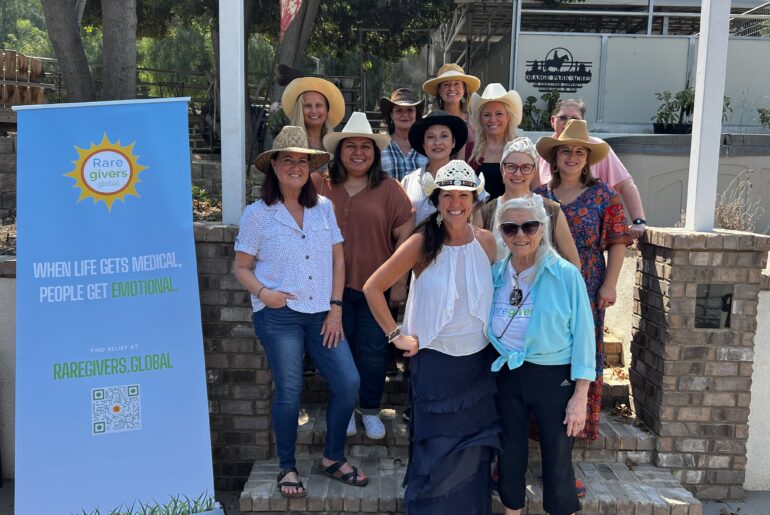
Charity Matters: What was the moment you knew you needed to act and start Raregivers Global?
Cristol Barrett O’Loughlin: You even mentioned in your book, Change for Good, the impact of mortality events. I think there is a moment in your life where you realize you’re mortal. You think, I may not be on the planet as long as I thought I was going to be. This is not a dress rehearsal and we only have one life to make our mark. I always wanted to be in an environment where I can give back and to have some sort of meaningful element to the work I’m doing. That moment for me was far after my brothers had passed.
As I started thinking about starting a family. I was genetically tested and actually found out that I was a carrier. And based on that, my dad and I go to the national MPs (Hunter’s Syndrome) family conference. We walk in the door and we look around and there are all these young men that look like my brothers. It just gave me chills.
I came home and said to my girlfriends, “There’s a part of my history that I’ve never really shared with you. And I want to do something.” We started a fundraising organization called Angel Aid. Angel is a moniker, A, N, G, E, L which stands for A Nonprofit Group Enriching Lives.
It took awhile but we raised $50,000 and in 2002 we received a matching research grant which went on to become an FDA approved treatment. The research doctor had this very elegant idea that if the kids are missing the enzyme, they need to create a synthetic version of that enzyme, and we’ll flush it through their body like dialysis, Enzyme Therapy. We went through FDA approval that funded research. Then we went through clinical trial, and now young men that would have passed away in their teens are going off to college.
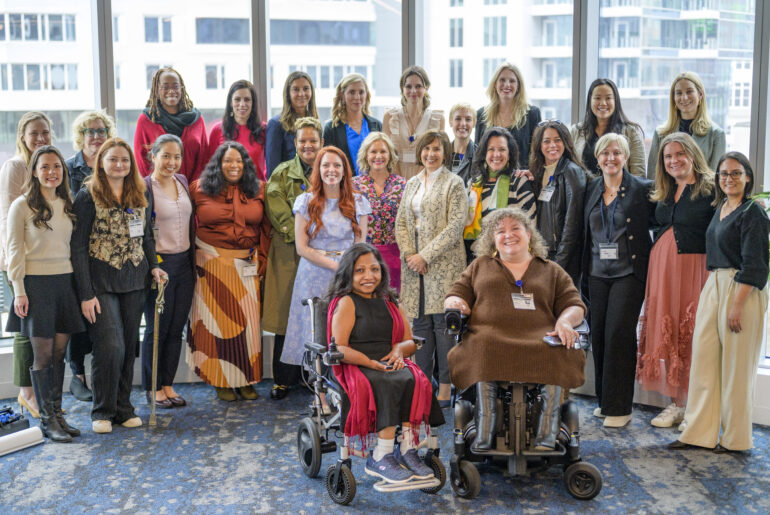
Charity Matters: What are your biggest challenges?
Cristol Barrett O’Loughlin: The challenge is that missions morph. Angel Aid was the precursor to Rare Givers. And here’s the challenge. There’s no cures for any of these diseases. Community is not a cure, it’s a treatment. I mentioned 10,000 rare diseases, one in 10, one in 15. Worldwide, that’s 350 million families and there’s only treatments for 5% of that community. So the challenge is the other 95% have no options, none. They’re going through the same cycles that my family went through holding hope and grief in the same heart every single day.
In 2016, I went in and I got a routine mammogram. I came out with a breast cancer diagnosis. I was like, Oh no, well, there’s another shift in mortality. Now I have a 10 year old. I’m married. What hit my heart was, what am I waiting for? I thought my community was the MP/Hunter’s Syndrome community. Then I realized, my community is this much broader community. I was waking up every single night, thinking these families with rare diseases must all be in emotional crisis. There’s no cures. That community needs emotional support like I received with breast cancer support.
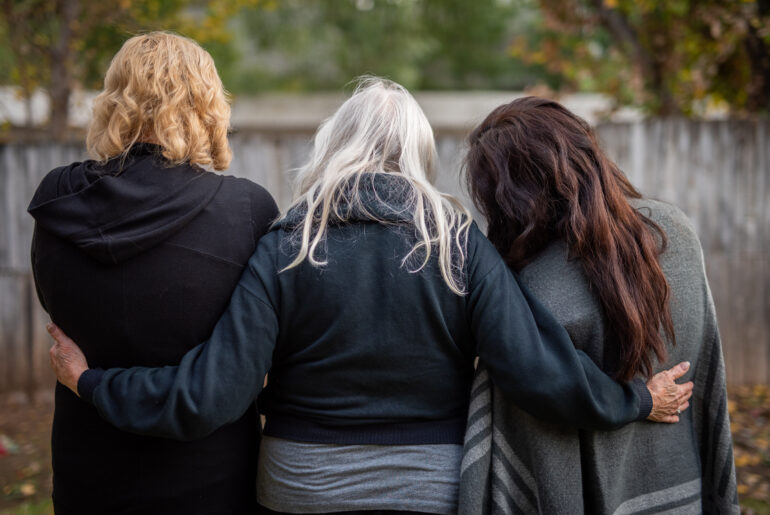
Charity Matters: What fuels you to keep doing this work?
Cristol Barrett O’Loughlin: My mother inspires me because, as I mentioned, my parents divorced, and my mother went on a very deep, dark journey with alcohol, gambling, with any really kind of escape mechanism to deal with the pain and grief.
We can’t imagine the choices that my family’s had to make. Somewhere along the way, her faith pulled her through, and she got sober. She came back to me. My mom showed up for my daughter and my family in a way that was really profound. She actually reconnected with my father and did a lot of really healing conversations. So what fuels me is very personal, but it’s also, an example of what can happen in rare disease families. This is the joy to the grief.
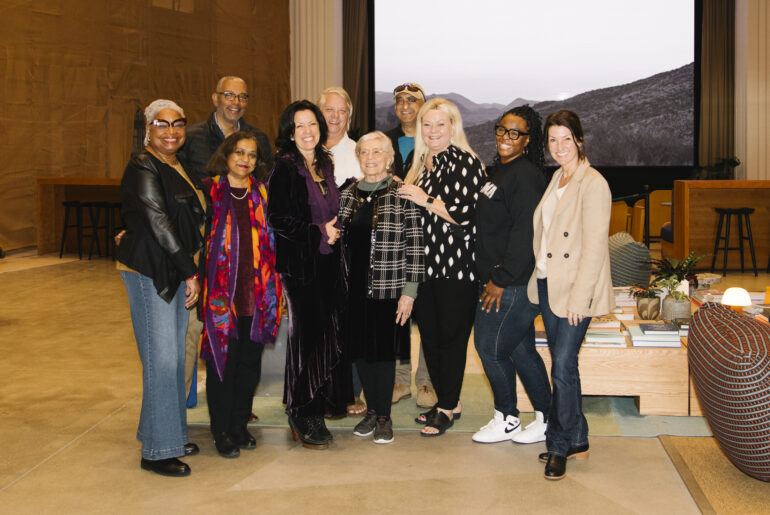
Charity Matters: Tell us what success you have had and what your impact has been?
Cristol Barrett O’Loughlin: We’ve identified 287 pieces of published research on the emotional toll of rare disease caregiving. From this, we developed an emotional journey map outlining six stages families go through—from noticing changes in a loved one to diagnosis, caregiving, and end-of-life care.
We started with seven women in a living room in 2019. Today, we’ve reached 77,000 families. Our guidebook—thanks to Microsoft—has been translated into 12 languages. With AI tools, they’re working on 400 more. Our goal? Reach 3.5 million rare givers by 2026. What do we need now? Funding. But we have momentum on our side.
Charity Matters: If you could dream any dream for your organization, what would that be?
Cristol Barrett O’Loughlin: I dream big. My dream is very clear and specific. I want Dolly Parton to write a song about RareGivers. Then Melinda Gates will hear it, fund a $10 million endowment, and Oprah will spread the word to hospitals worldwide. Colin Farrell, whose son has a rare disease, will join in. Chris Hemsworth will visit rare disease families in Australia. Eva Longoria will thank us at a L’Oréal event. John Mayer will bring a Hunter Syndrome patient onstage. And Julia Roberts will direct and star in an Amazon series to educate the world. That’s my dream.
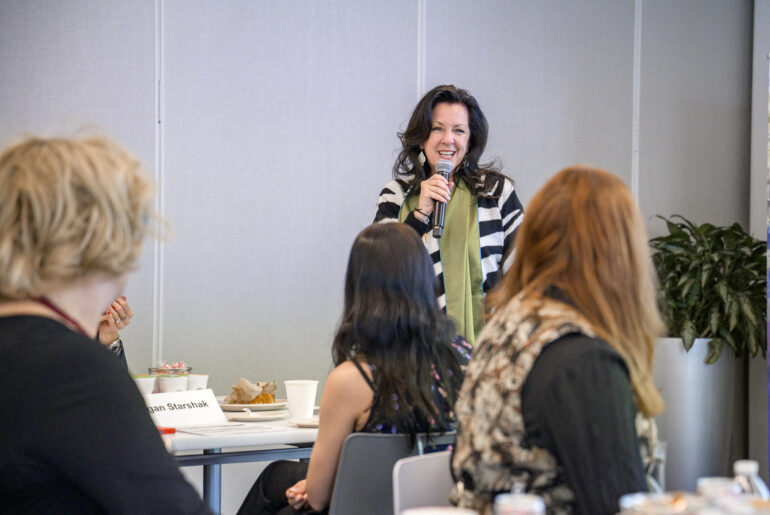
Charity Matters: What life lessons have you learned from this experience?
Cristol Barrett O’Loughlin: When I was younger, I used to think that I was creating change in the world and I would just muscle it out and use my intellect, my network, connections, skills and just manifest change. During COVID, it was just a global pandemic, that humbles you in a way that you just can’t deny. We had to relaunch Rare Givers. I started realizing that I can’t muscle through this.
I was looking at my mother, she’s a very strong woman of faith, and I really had not cultivated that side of my heart and my soul. The word surrender just kept coming up again and again. It brings me to tears, because as soon as I surrendered the outcome, then it just became an exercise in faith. I will tell you that the miracles just start coming, and then you start living in gratitude, hopping from miracle to miracle and that exact right person arrives.
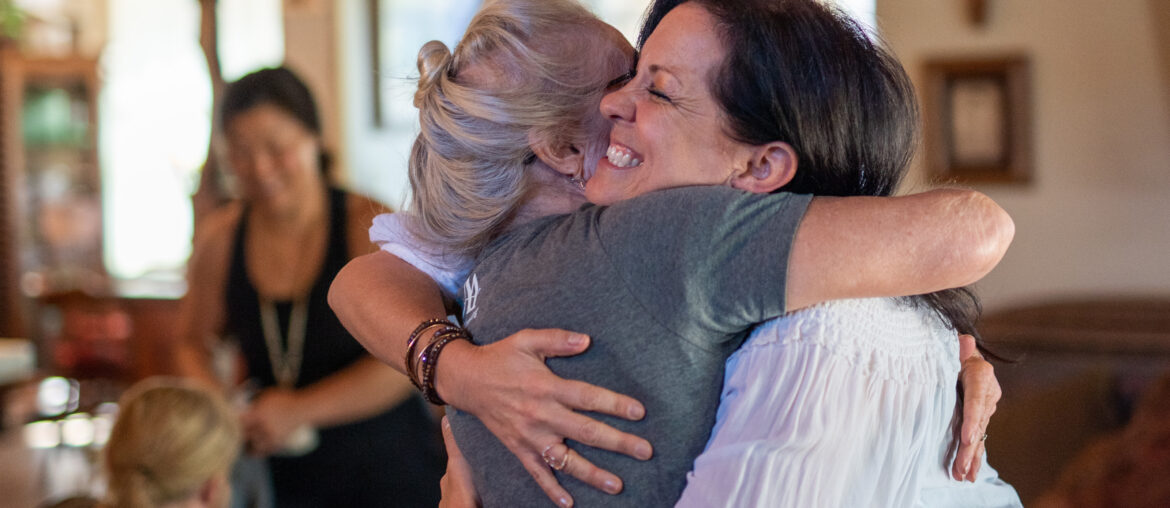
Charity Matters: You mentioned there was a happy ending to your familY’s story, can you share it with us?
Cristol Barrett O’Loughlin: My parents married young and lost three of their five children. They divorced, remarried, divorced again, and married new partners for 20 years. Both were widowed in the same year our daughter Chloe was born.
Chloe’s arrival reopened their hearts. After 35 years apart, they began dating again. And last year, at 81 years old, we remarried them—60 years after their original wedding. That’s our happy ending.
CHARITY MATTERS.
YOUR REFERRAL IS THE GREATEST COMPLIMENT, IF YOU ARE SO MOVED OR INSPIRED, WE WOULD LOVE YOU TO SHARE AND INSPIRE ANOTHER. If you enjoyed today’s episode, please connect with us:
- www.Charity-Matters.com
- On IG @Charitymatters
- Post a screenshot & key takeaway on your IG story and tag me @heidijohnsonoffical and @Charitymatters so we can repost you.
- Leave a positive review on Apple Podcasts
- Subscribe to new episodes each week!
Copyright © 2025 Charity Matters. This article may not be reproduced without explicit written permission; if you are not reading this in your newsreader, the site you are viewing is illegally infringing our copyright. We would be grateful if you contact us.

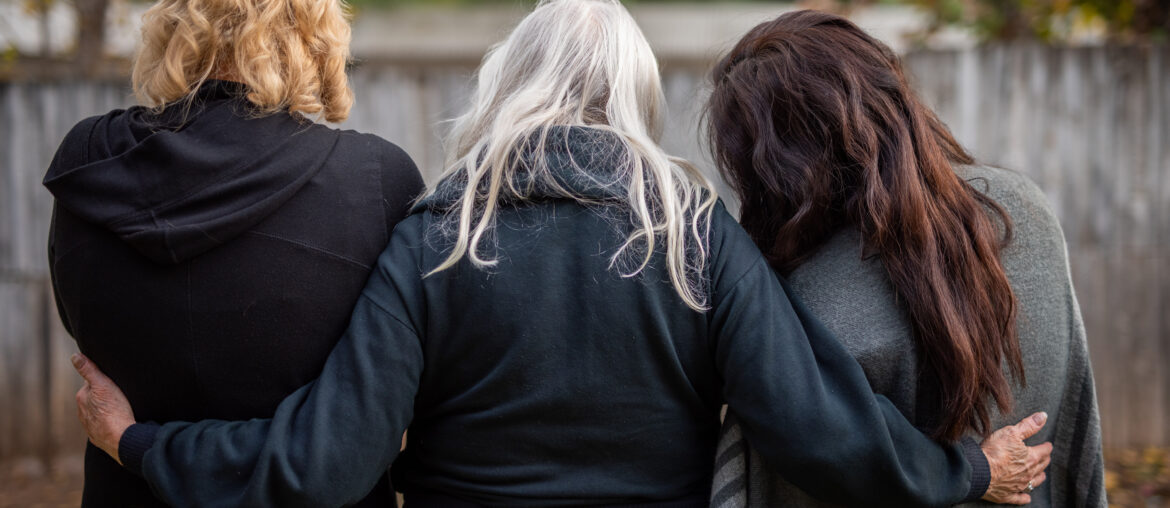



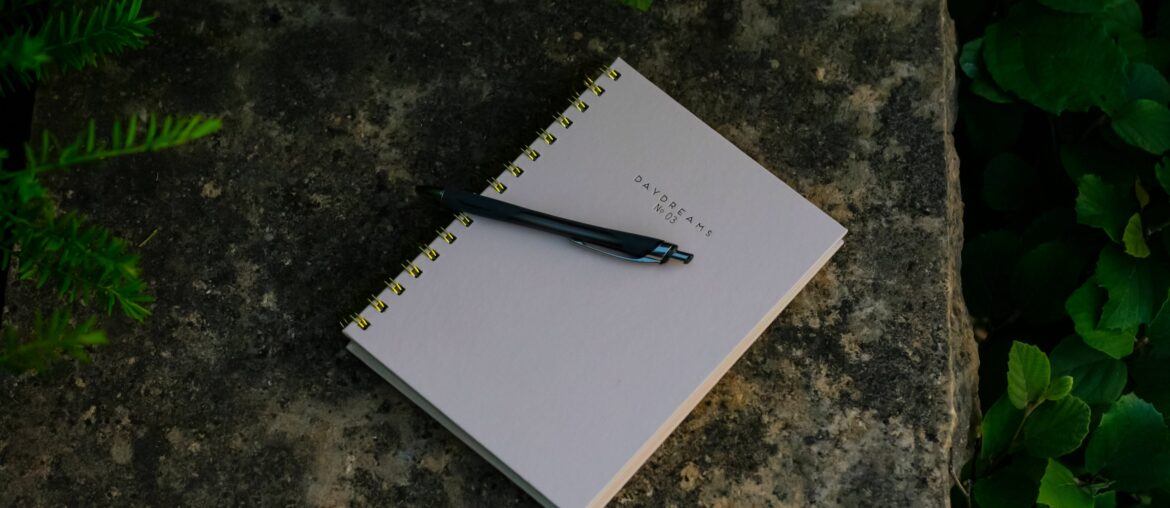
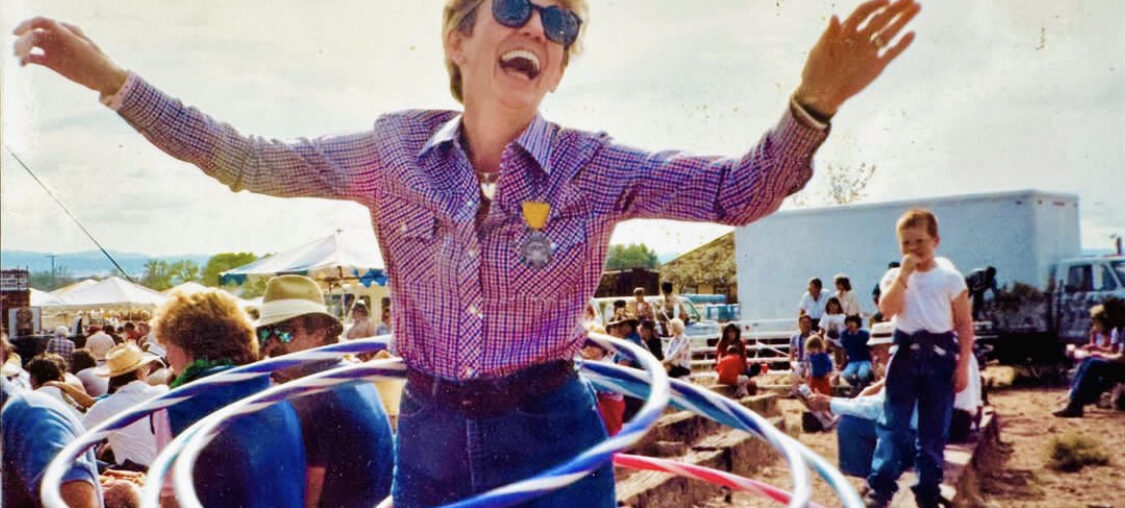
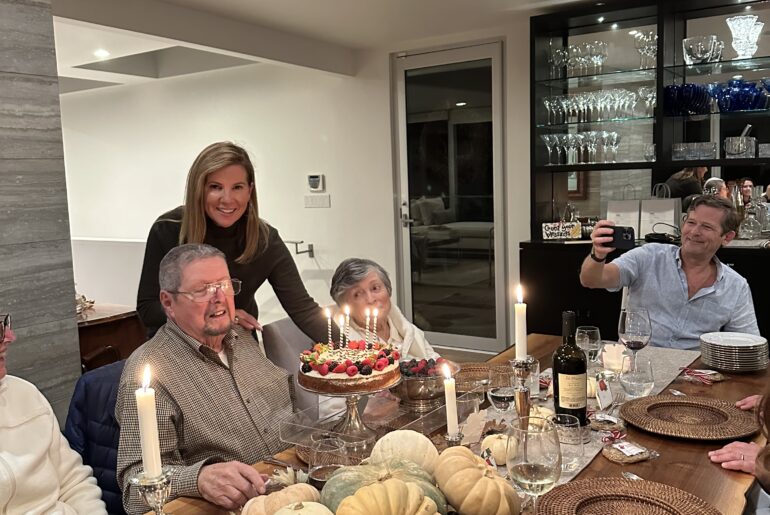
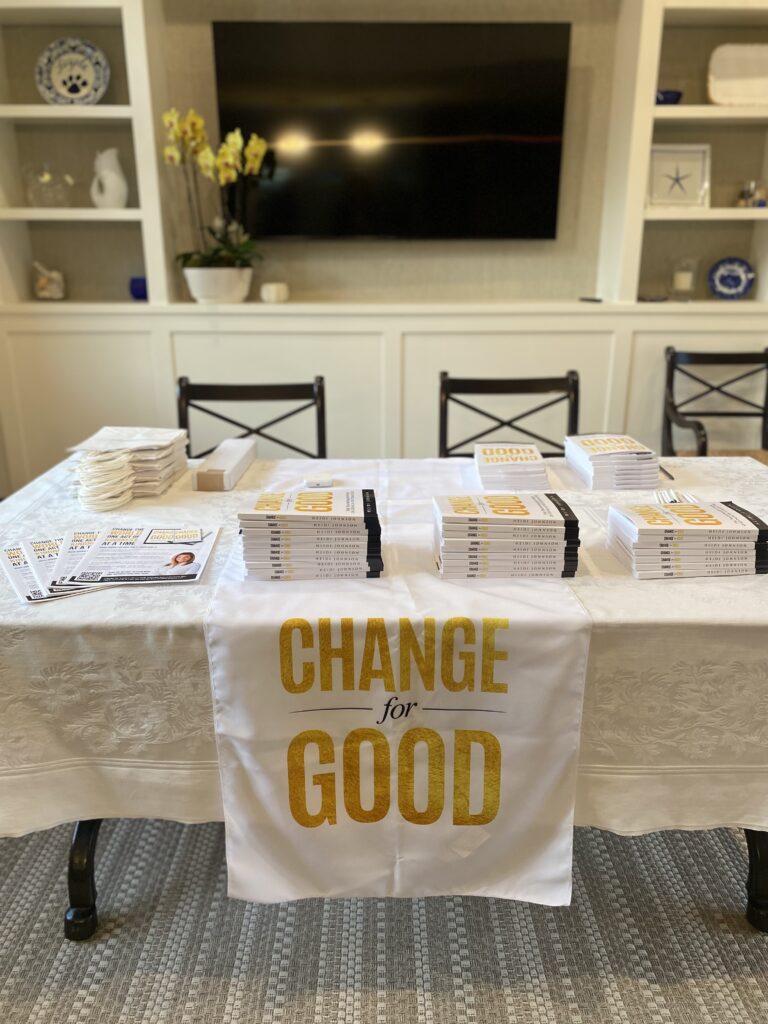
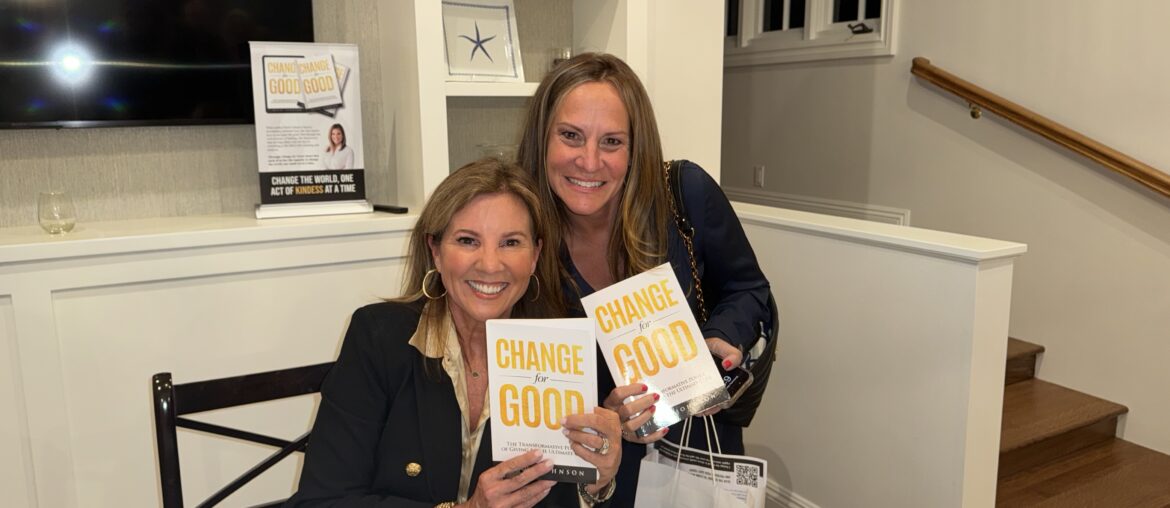
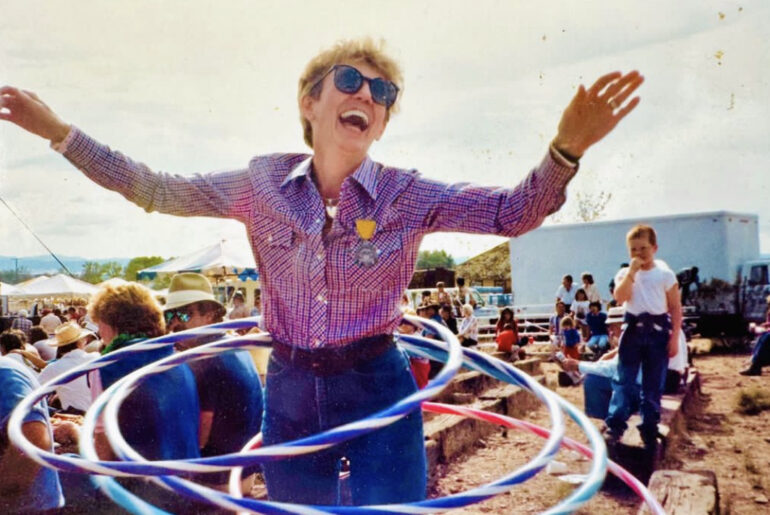
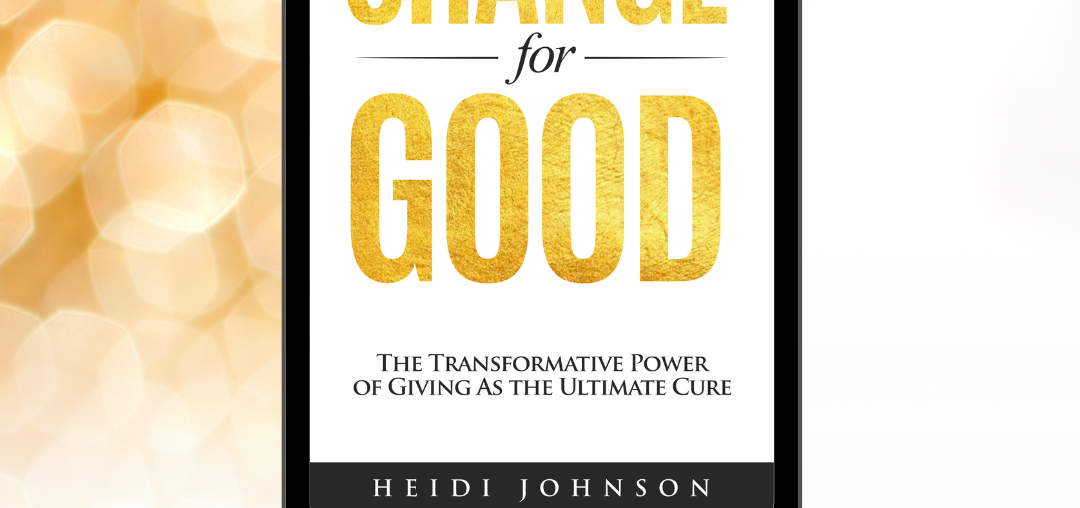
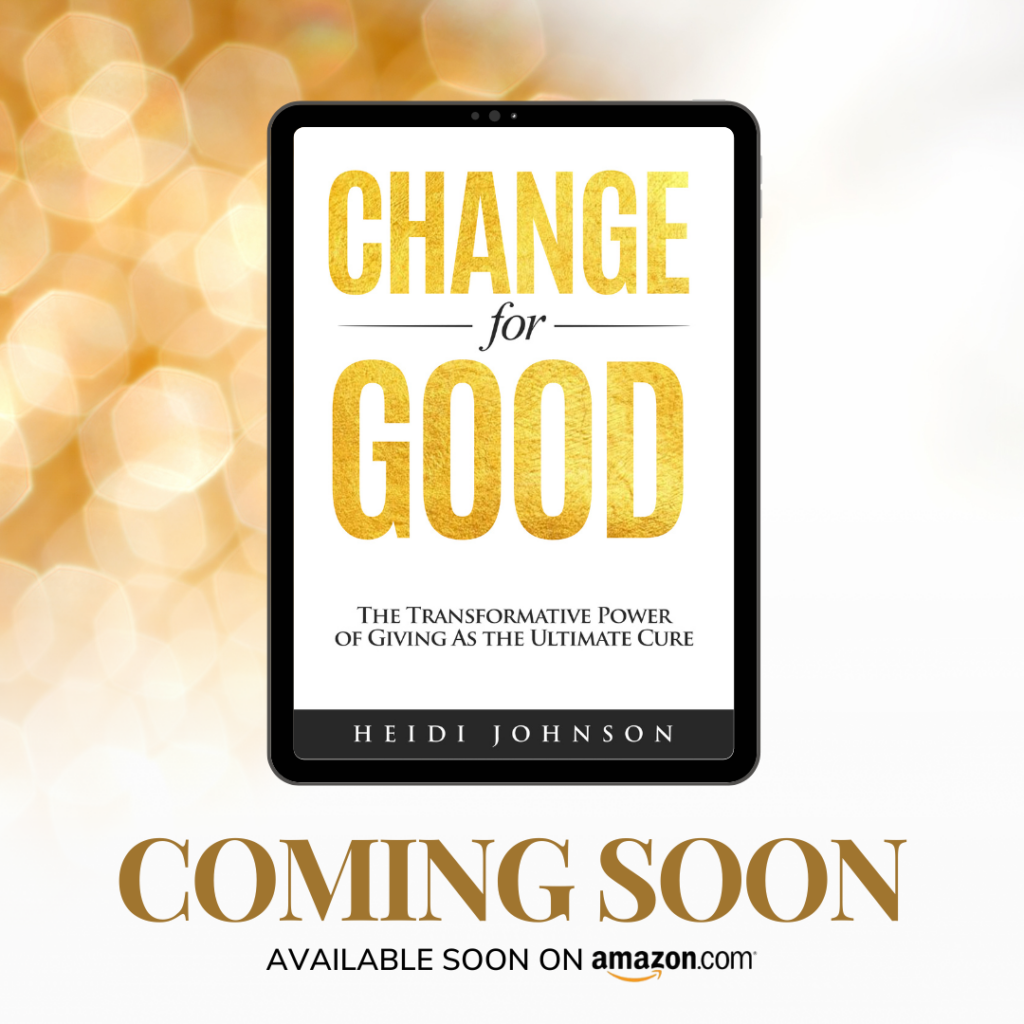
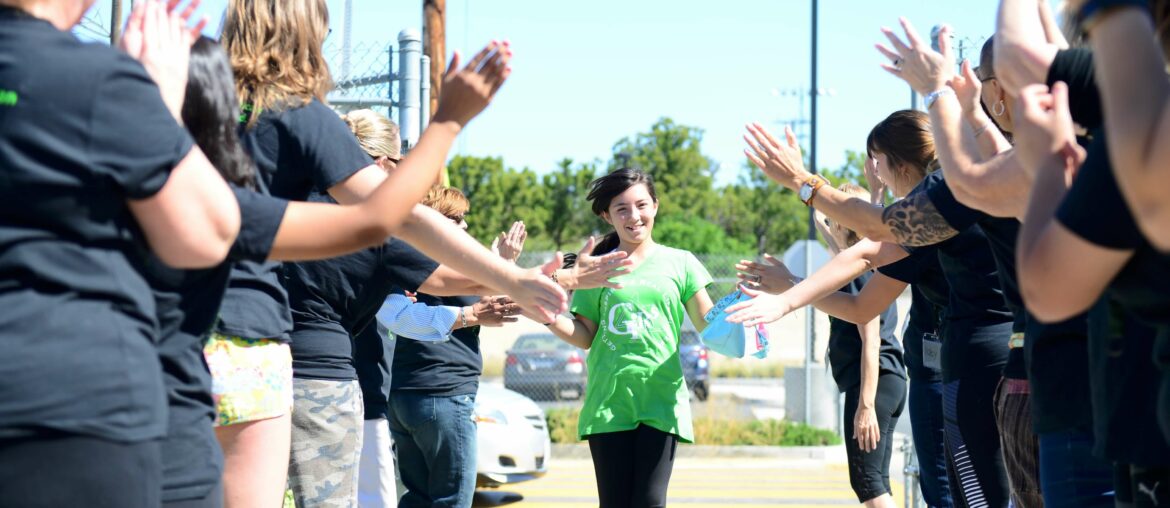
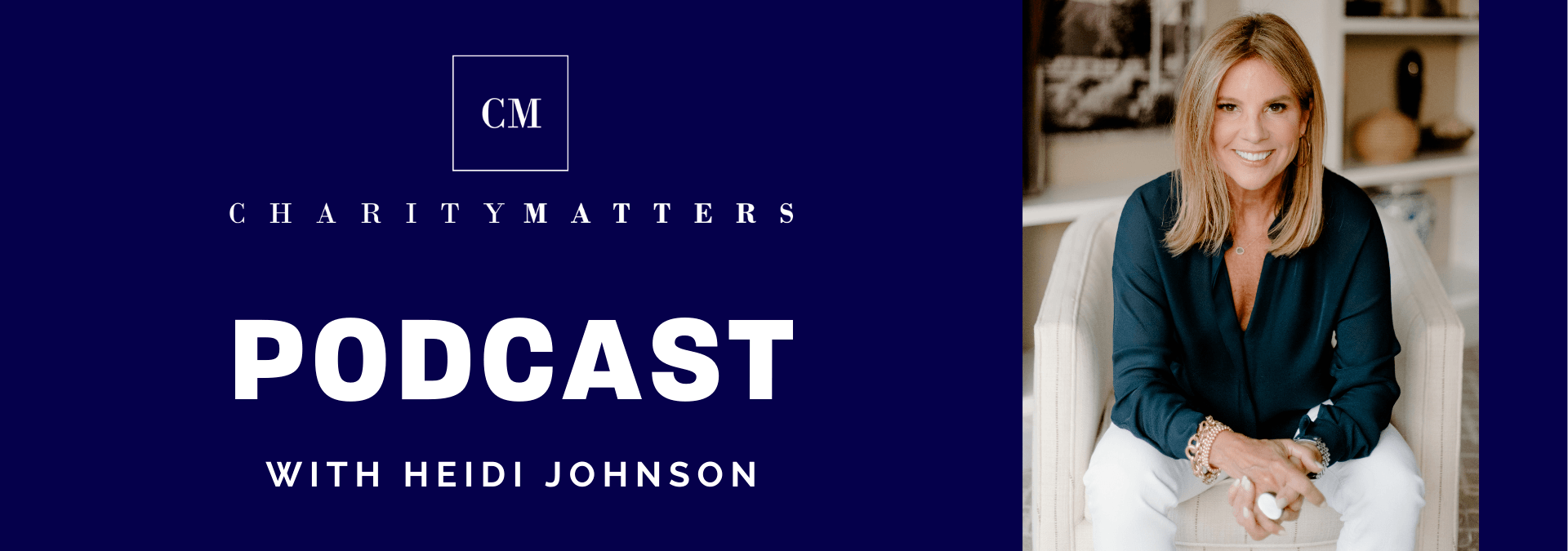
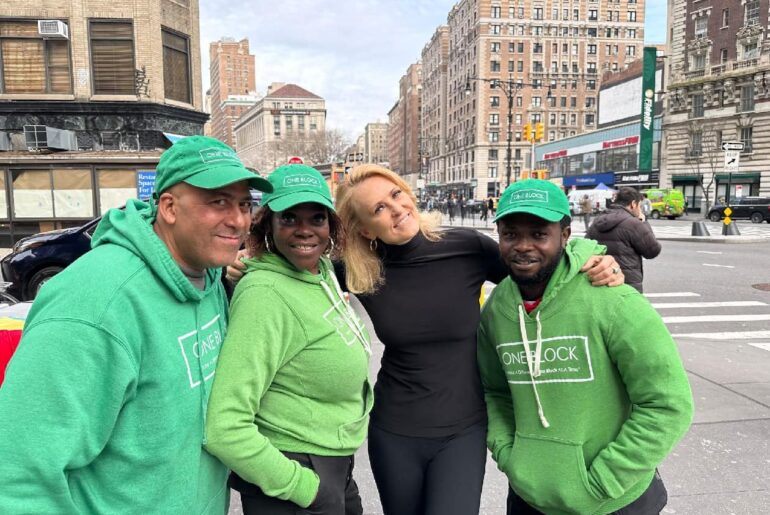
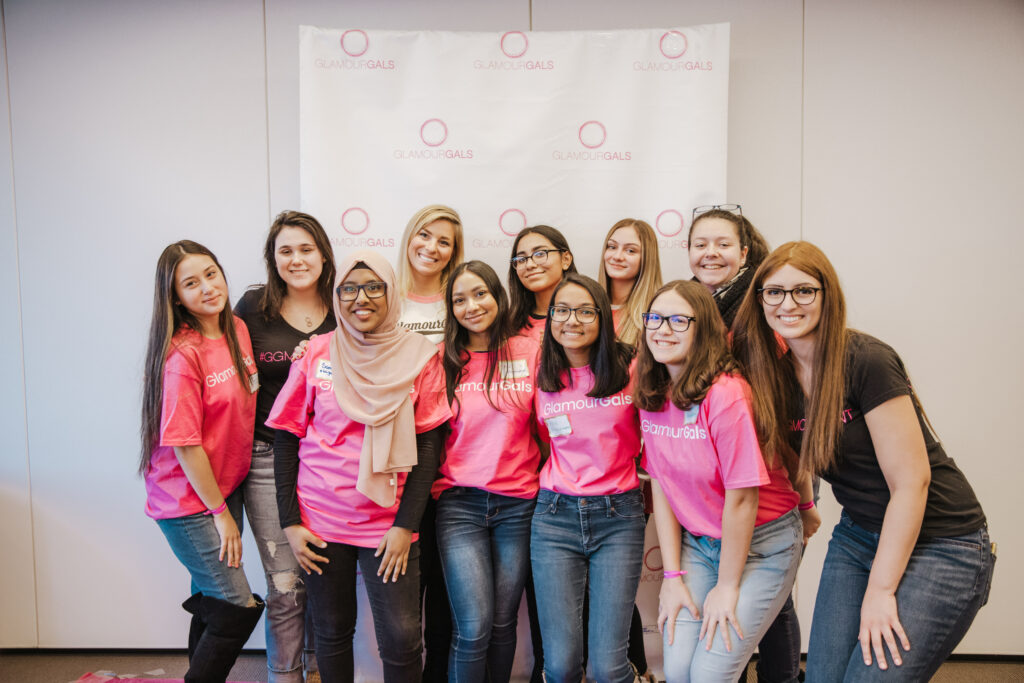
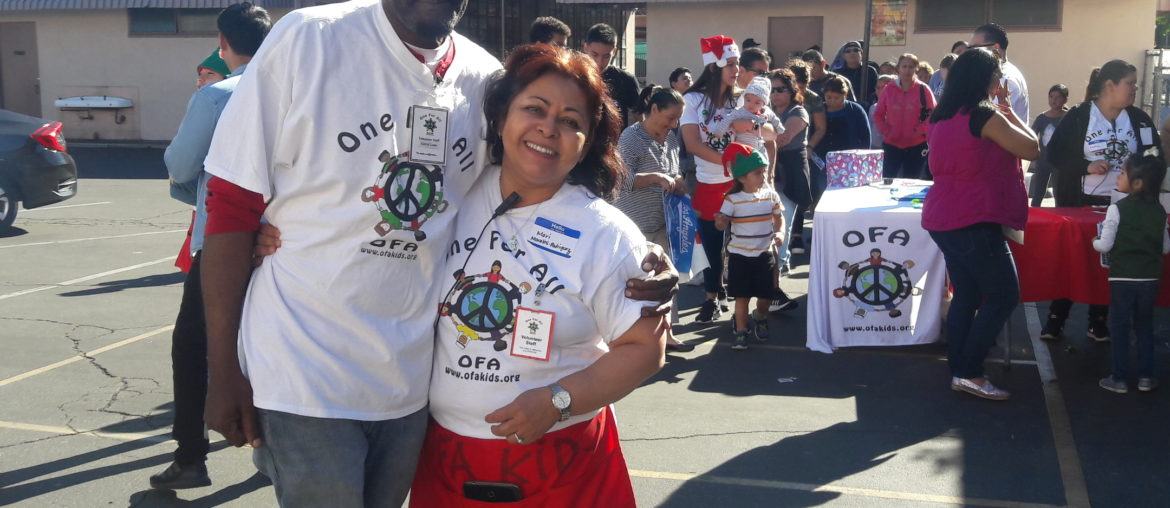
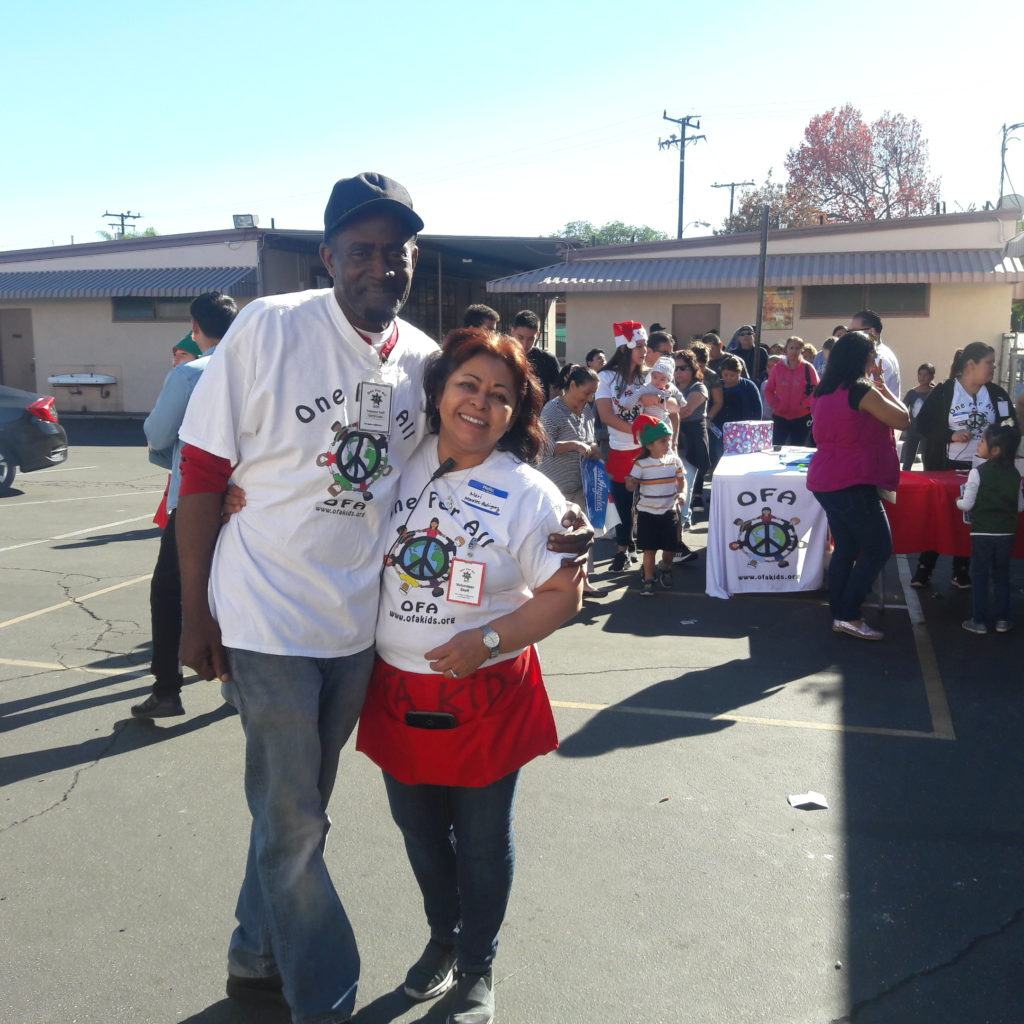
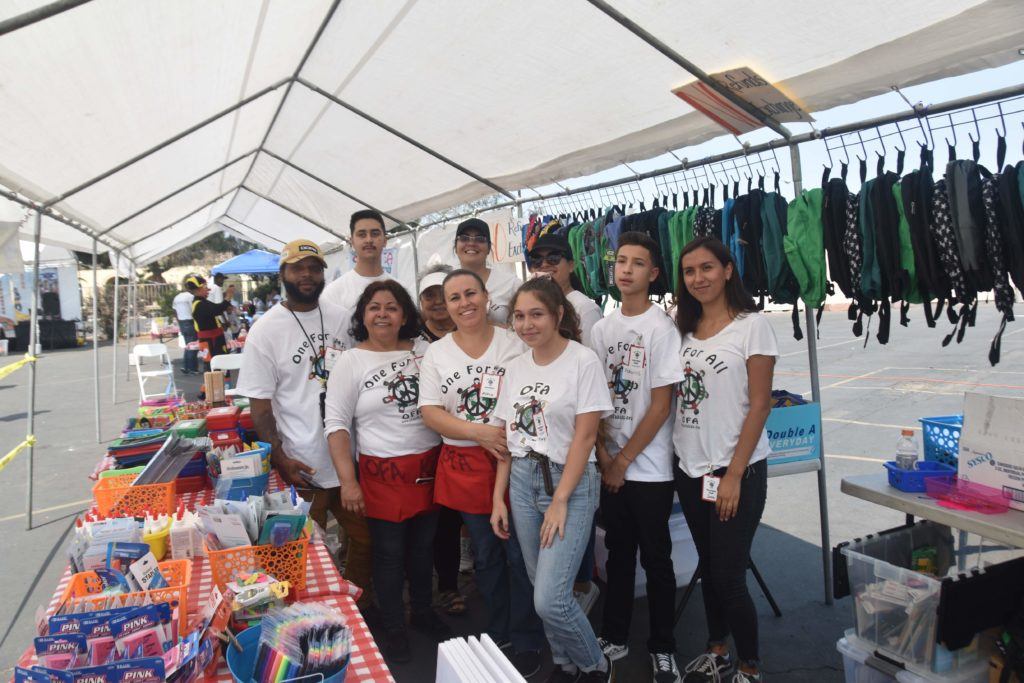
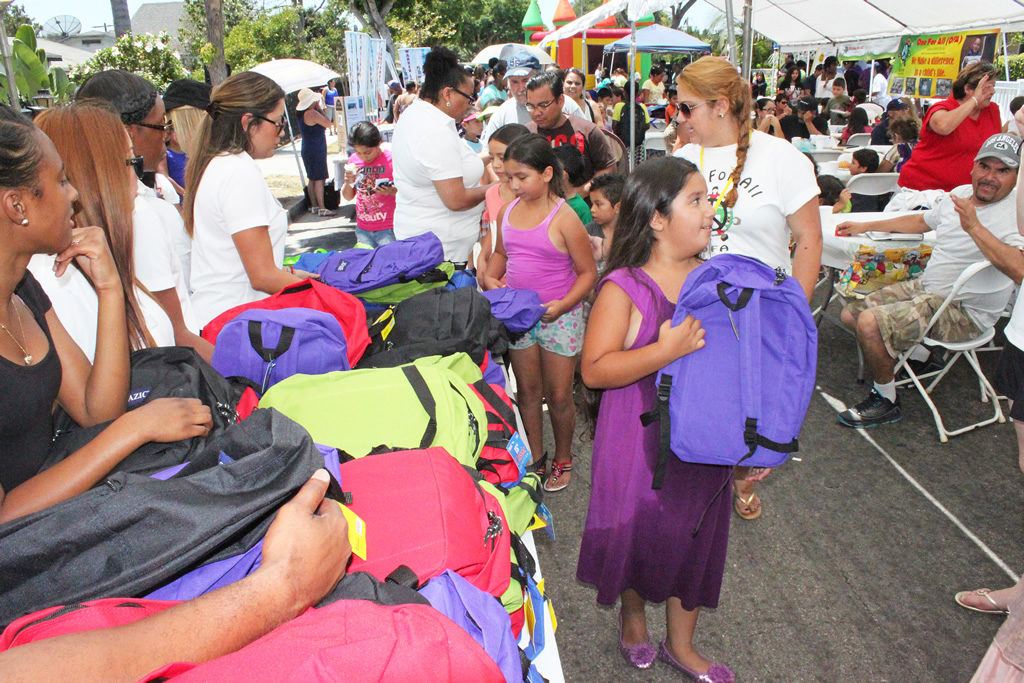
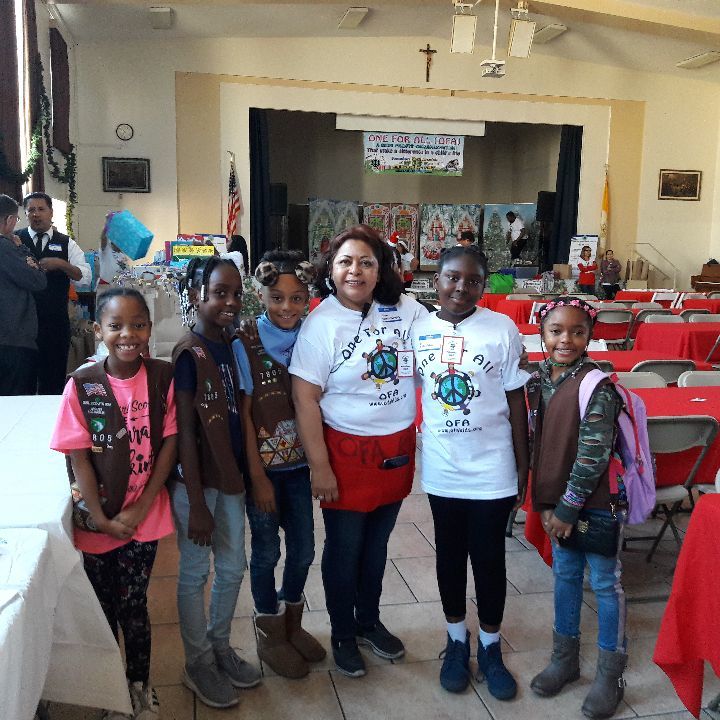
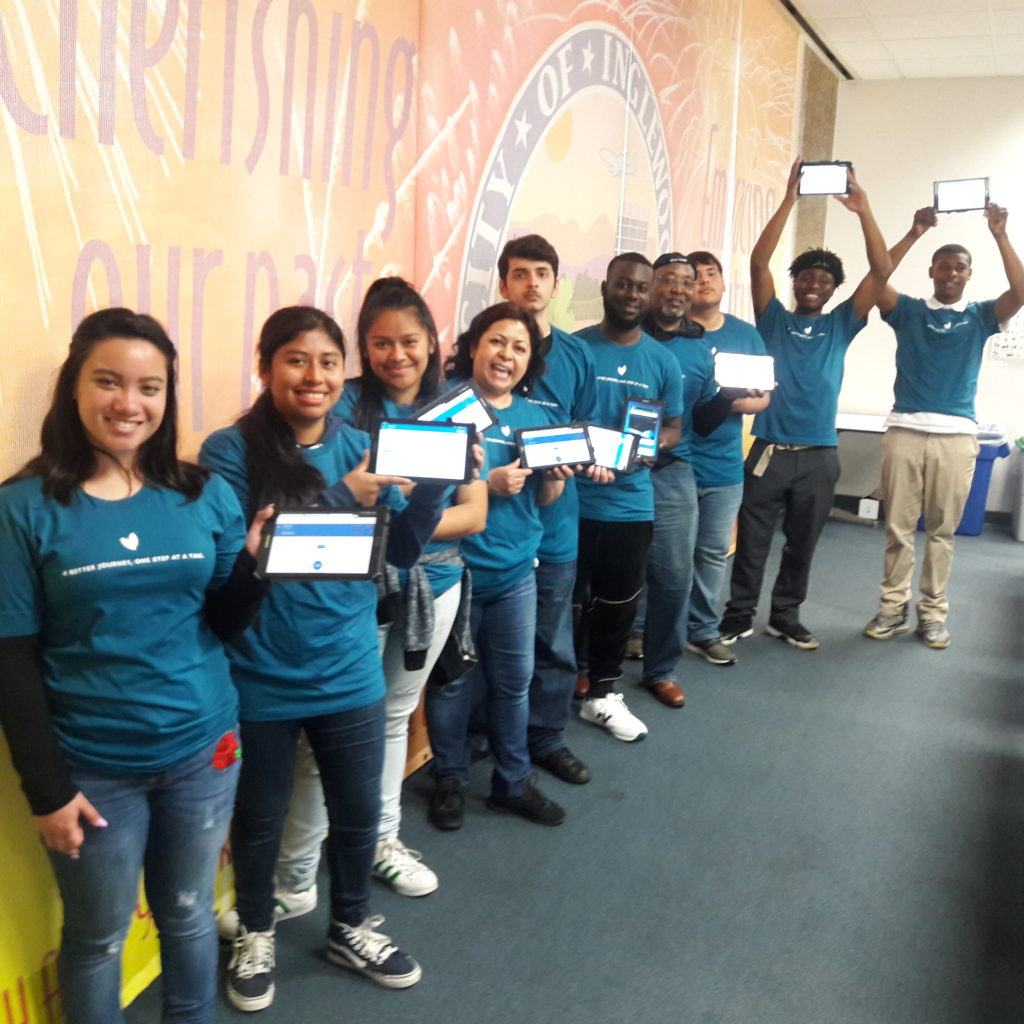 In 2007, I had a patient that kept telling me I needed my 501c3 and I had no idea what these numbers meant or what that was. While I was working in the doctor’s office a patient asked me about what I do in my free time and I told him. He said I needed my 501c3 and his wife would help me. She did and in 2007
In 2007, I had a patient that kept telling me I needed my 501c3 and I had no idea what these numbers meant or what that was. While I was working in the doctor’s office a patient asked me about what I do in my free time and I told him. He said I needed my 501c3 and his wife would help me. She did and in 2007 